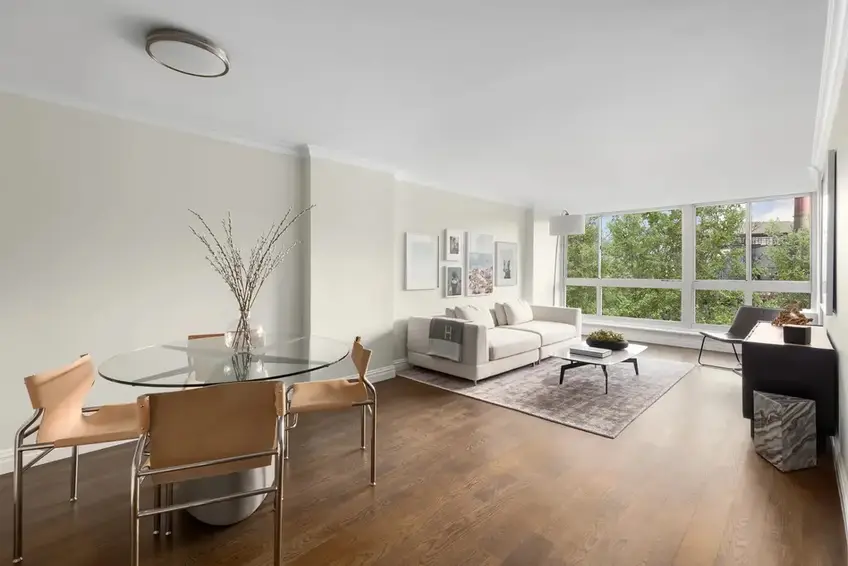 Westview, #830 (DMT LLC)
Westview, #830 (DMT LLC)
From time to time, a listing for a New York City condo or co-op includes the following phrase: sponsor unit. But what sets these apart from other units, and why are they to buyers' benefits?
The short answer to the first part is that this is a unit that has never been sold. The longer answer requires a little more detail, and the benefits depend on the building type. We examine where sponsor units are most likely to be found, the pros and cons of buying a sponsor unit in each building type, and a selection of sponsor units awaiting their first buyers.
The short answer to the first part is that this is a unit that has never been sold. The longer answer requires a little more detail, and the benefits depend on the building type. We examine where sponsor units are most likely to be found, the pros and cons of buying a sponsor unit in each building type, and a selection of sponsor units awaiting their first buyers.
In this article:
The Pros of Buying a Sponsor Unit in a Condo
The majority of sponsor condos are located in new construction buildings and being sold directly by the developer. When buying one of these units, you are buying an apartment completely unmarred by a previous owner's wear and tear. Depending on where a building is in the construction process, it may even be possible to combine two or more units, integrate smart home technology, or make other custom enhancements before you move in.
One wrinkle presented by new construction condos is the fact that they have not been put to the test of day-to-day living. But when a sponsor buys a block of units in an already existing condominium, they are likely as not to spruce them up before putting them on the market, thus offering pristine interiors and new appliances in a building that has already gone through its growing pains.
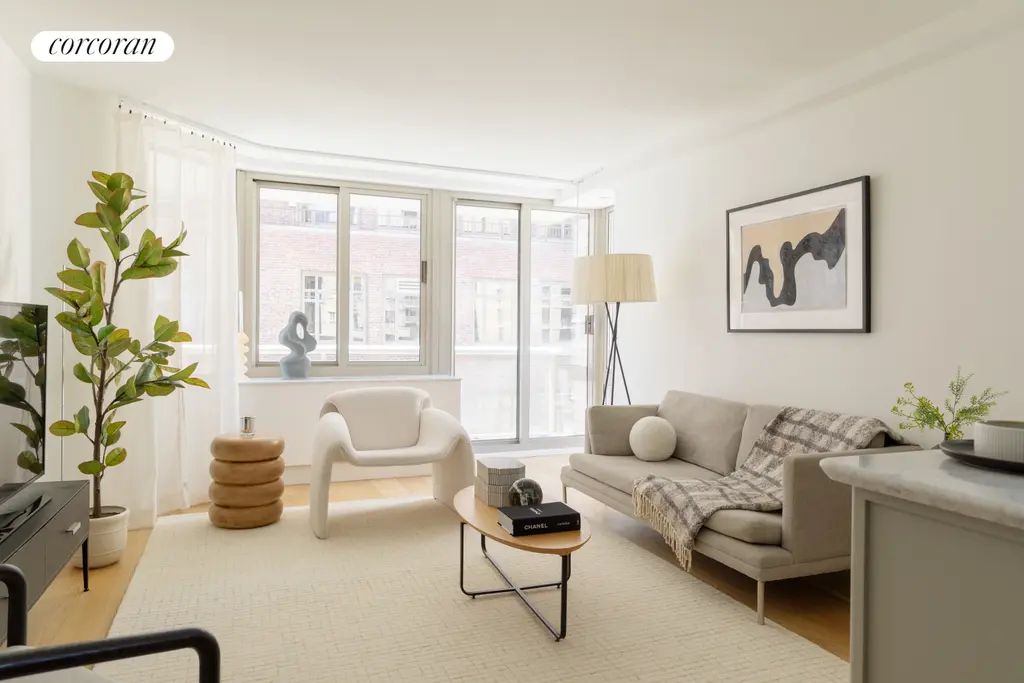
The Perrie, #301 (Corcoran Group)
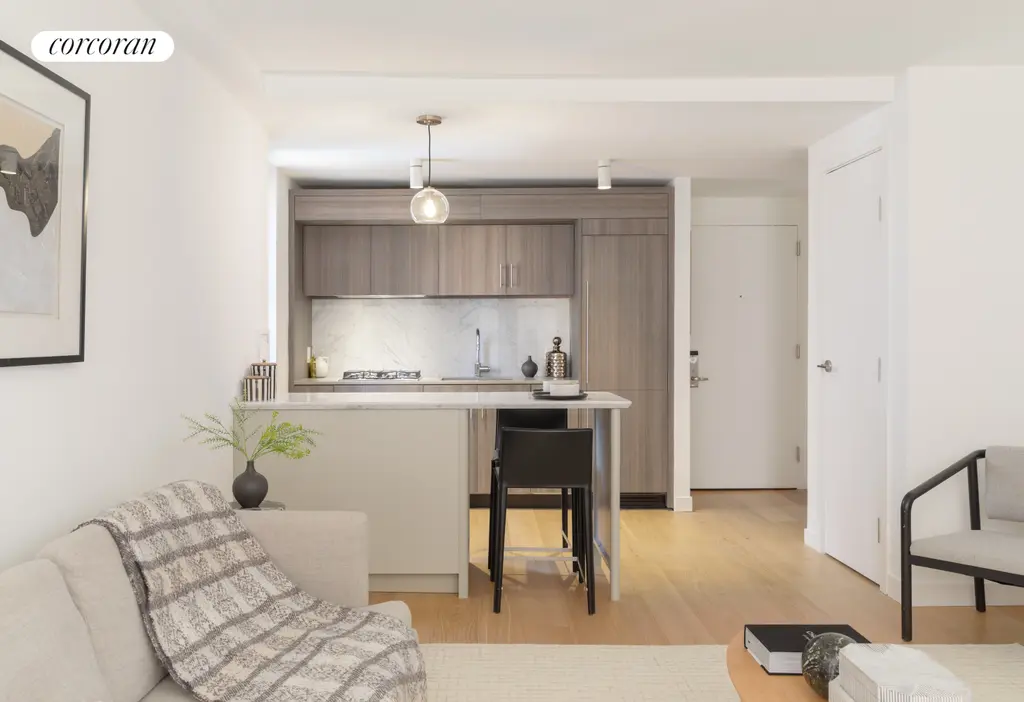
The Cons of Buying a Sponsor Unit in a Condo
According to CityRealty data, Manhattan condos report higher prices than their co-op counterparts. This pertains to sticker prices as opposed to closing costs, though this is something sponsor condo buyers should be aware of: In such a transaction, the buyer is responsible for paying transfer taxes, as compared to the seller of a resale condo. However, some developers recognize the cost of transfer taxes and are prepared to pay it as an incentive.
Additionally, sponsor condos in new construction buildings present greater financial risks for both buyers and lenders. While buyers can certainly look at similar floor plans in nearby buildings to see if they're getting a good deal, there is no way to be certain at this point.
From a lender's standpoint, they have no definite way to appraise the unit or gauge the risk of a sponsor condo in a project where construction is not yet complete. But several sponsors work with preferred lenders who are prepared to help with the project or even offer special perks; moreover, if this is to be an all-cash purchase, the point is moot.
From a lender's standpoint, they have no definite way to appraise the unit or gauge the risk of a sponsor condo in a project where construction is not yet complete. But several sponsors work with preferred lenders who are prepared to help with the project or even offer special perks; moreover, if this is to be an all-cash purchase, the point is moot.
The Pros of Buying a Sponsor Unit in a Coop
While sponsor condos have become more prevalent in recent times, sponsor co-ops may still be found on the market. Sometimes of them are even found in prewar buildings, where they are most likely to be sold by the person or entity who inherited the original sponsor's units. Regardless of the building age, purchasing a sponsor unit in a coop is desirable for two key reasons: there is greater room to negotiate, and buyers can skip the board approval process.
On the negotiation side, sponsor units are not subject to the coop board’s financial requirements. This means that there can be more room to close a deal under different conditions (e.g., with higher than average financing or no Escrow). This isn’t to say that sponsors don’t look at one’s credit worthiness. They simply aren’t obliged to follow the same rules applied to other coop buyers. For someone who needs to enter a deal with lower money down or can’t make the Escrow requirements imposed by many coop boards, a sponsor unit can be a great way to walk through an otherwise closed door.
On the negotiation side, sponsor units are not subject to the coop board’s financial requirements. This means that there can be more room to close a deal under different conditions (e.g., with higher than average financing or no Escrow). This isn’t to say that sponsors don’t look at one’s credit worthiness. They simply aren’t obliged to follow the same rules applied to other coop buyers. For someone who needs to enter a deal with lower money down or can’t make the Escrow requirements imposed by many coop boards, a sponsor unit can be a great way to walk through an otherwise closed door.
Another notable advantage of purchasing a sponsor unit in a coop is that sponsor unit sales by-pass the coop board approval process. This means that while the buyer will be a shareholder in the coop with all the same rights and responsibilities, they will never be asked to undergo the agonizing experience of having everything from their finances to personal hobbies to pets assessed and scrutinized by their future neighbors. Given how invasive coop interviews can be, this itself makes sponsor units highly attractive.
 View from roof deck at 2 Grace Court
View from roof deck at 2 Grace Court
The Cons of Buying a Sponsor Unit in a Coop
Despite the flexible financing and ability to bypass the board approval process, sponsor units do come with their own potential challenges.
If you discover a sponsor unit in a coop, unless the sponsor has already done a renovation before listing the unit, you’ll likely be looking at a unit in “vintage” or estate condition. While this may offer a lot of charm (e.g., original crown moldings and fixtures), it may also mean that the unit hasn’t been renovated in decades, if at all. In this case, the unit may require a complete gut renovation before it is livable.
If you discover a sponsor unit in a coop, unless the sponsor has already done a renovation before listing the unit, you’ll likely be looking at a unit in “vintage” or estate condition. While this may offer a lot of charm (e.g., original crown moldings and fixtures), it may also mean that the unit hasn’t been renovated in decades, if at all. In this case, the unit may require a complete gut renovation before it is livable.
Buyers of sponsor units are also strongly advised to investigate the unit’s past tenancy. If it is coming on the market for the first time in decades, it was likely a rent-controlled or rent-stabilized apartment. As part of one’s due diligence, it is important to research the property’s history to ensure that the tenants were not forced out of the unit under questionable or illegal conditions.
Another disadvantage of buying a sponsor unit is cost. Because sponsor units come with a few notable advantages (namely, less scrutiny of one’s finances and personal affairs), they tend to be in high demand. This means they often sell for more than other units in the same coop. In addition, sponsor units in coops, like those in new condos, nearly always come with additional closing costs.
Another disadvantage of buying a sponsor unit is cost. Because sponsor units come with a few notable advantages (namely, less scrutiny of one’s finances and personal affairs), they tend to be in high demand. This means they often sell for more than other units in the same coop. In addition, sponsor units in coops, like those in new condos, nearly always come with additional closing costs.
Sponsor co-op listings with no board approval required
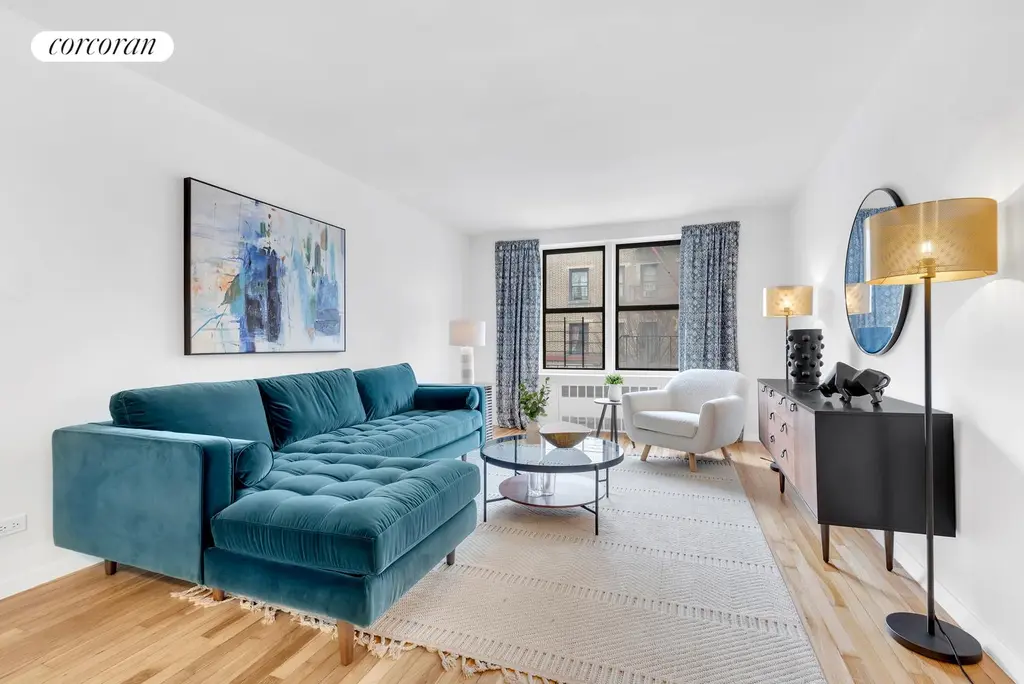
Origin Briggs, #5B (Corcoran Group)
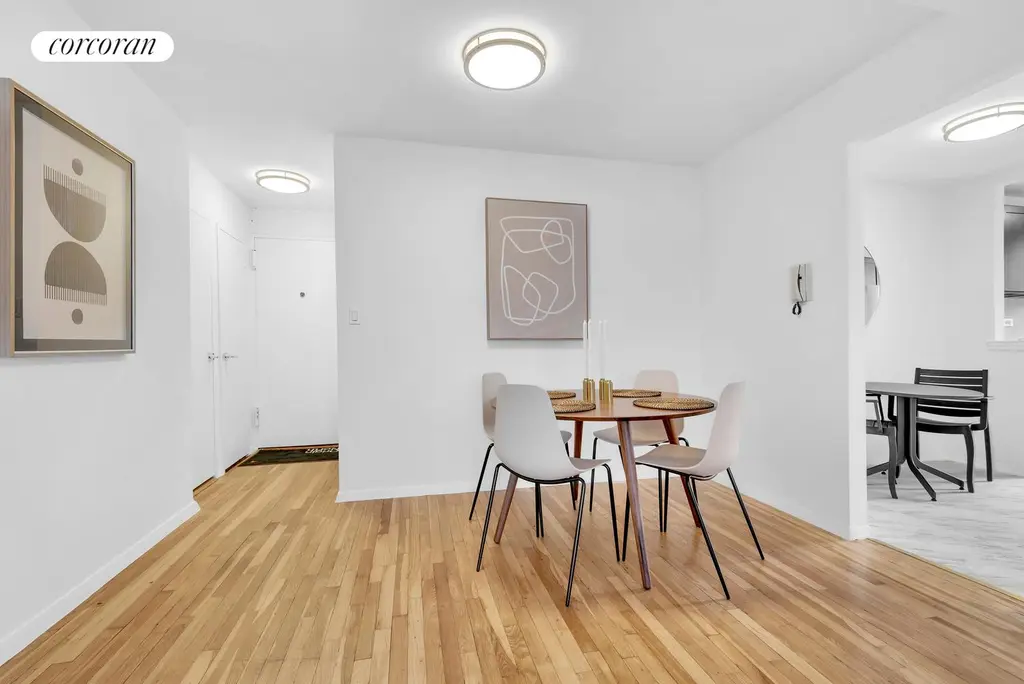
Would you like to tour any of these properties?
Just complete the info below.
Or call us at (212) 755-5544
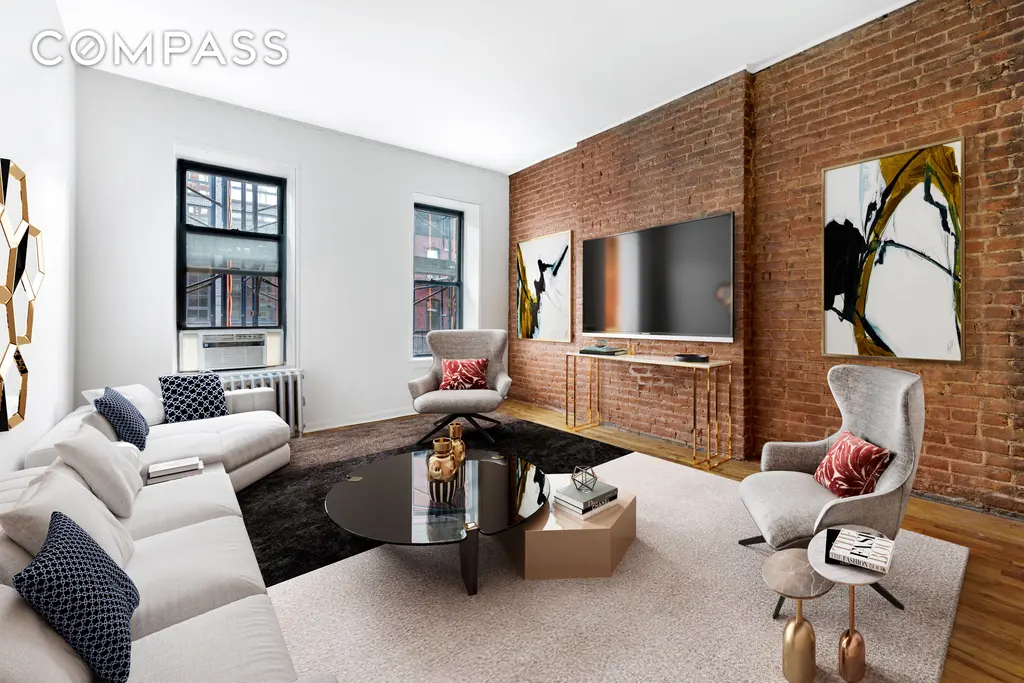
433 West 54th Street, #1 (Compass)
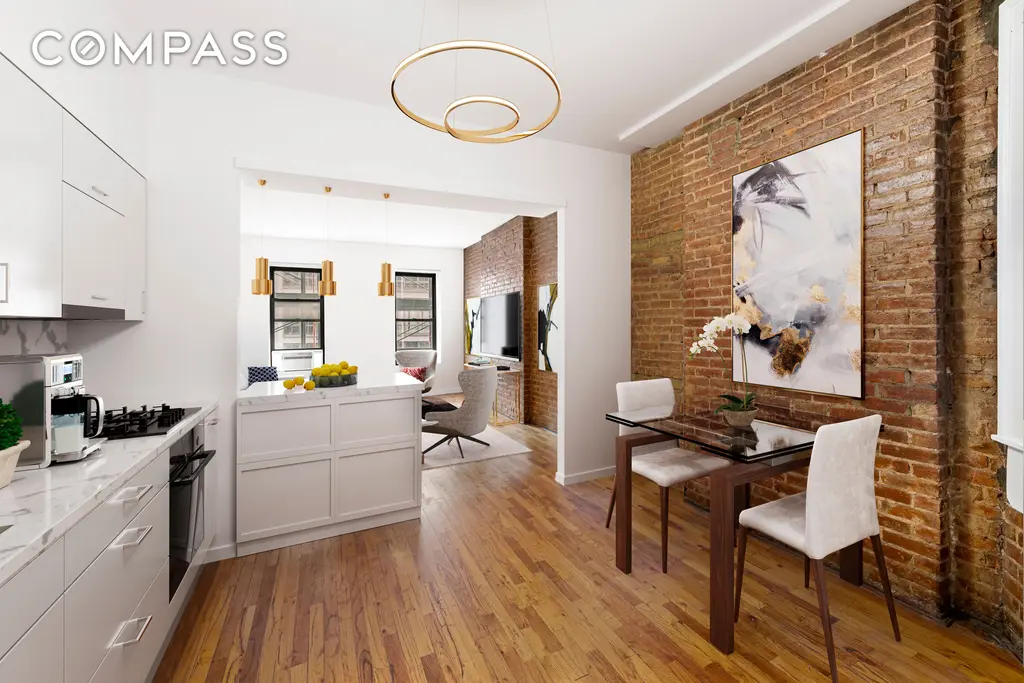
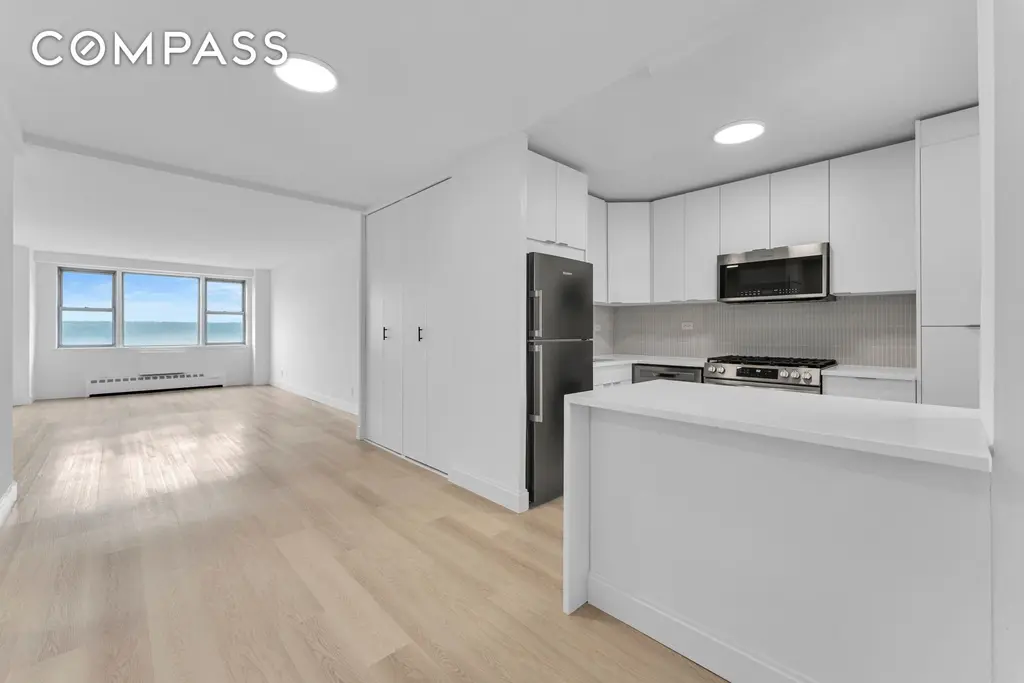
Skyview on Hudson, #20K (Compass)
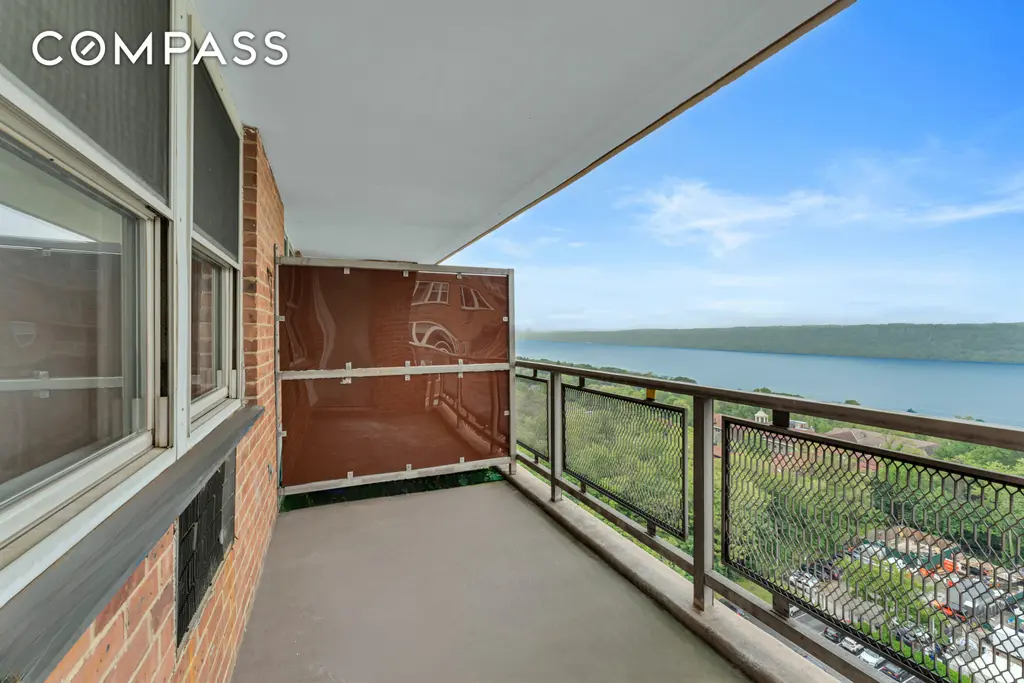
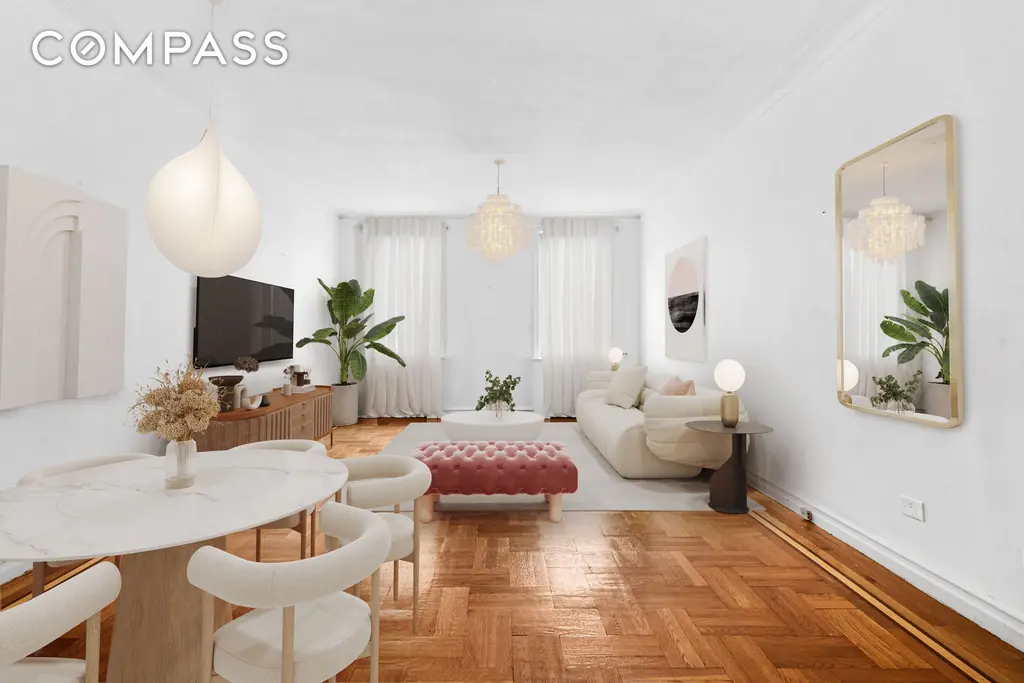
43-08 41st Street, #5D (Compass)
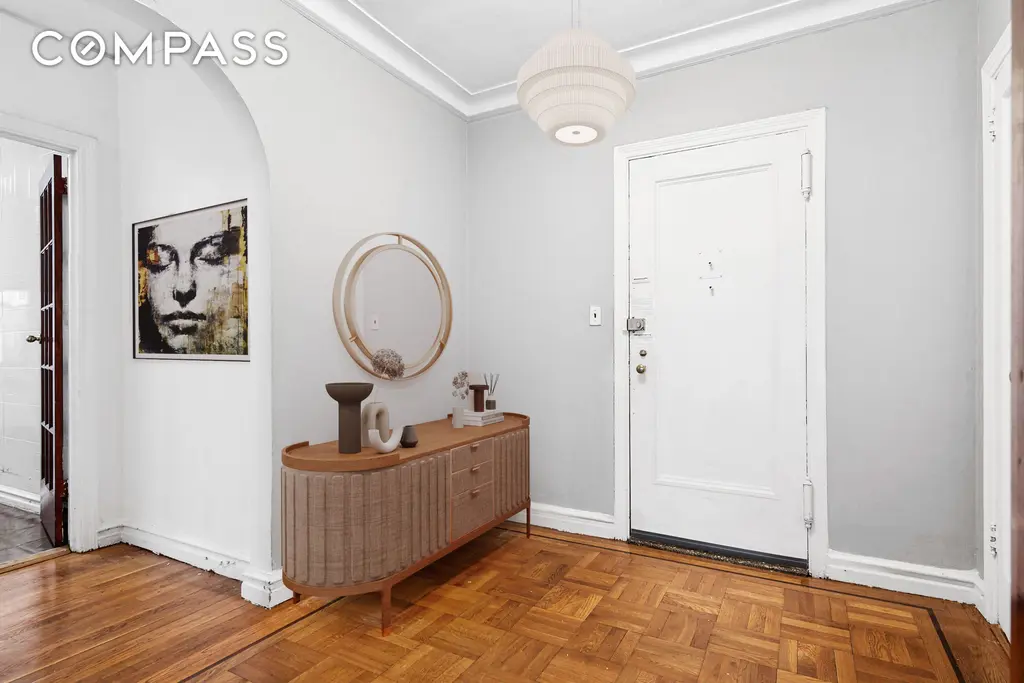
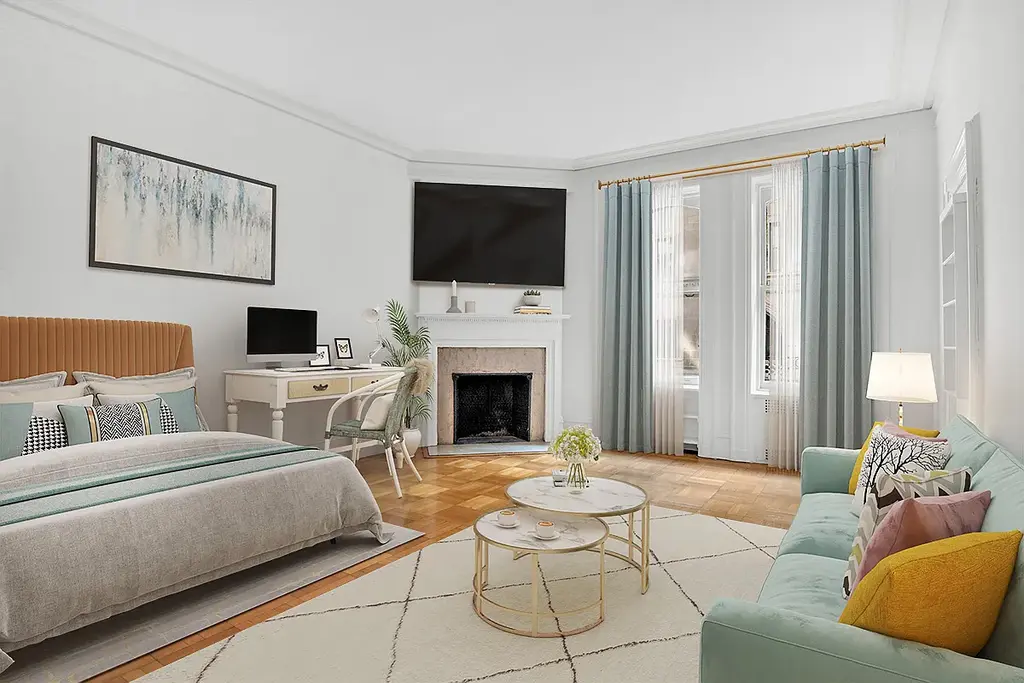
The Wilbraham, #6D (Corcoran Group)
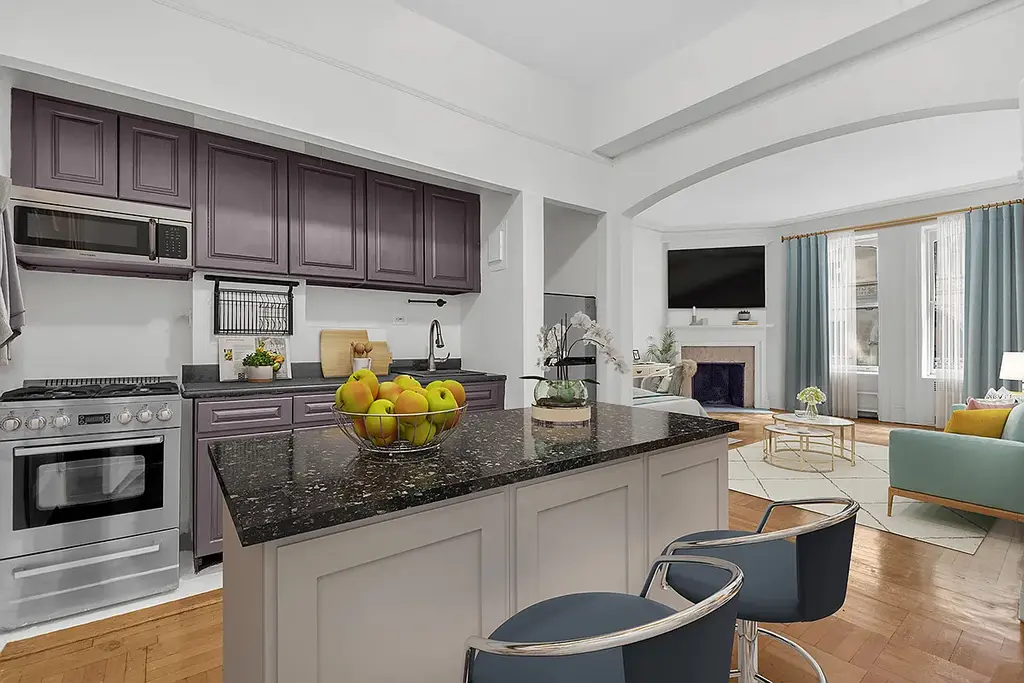
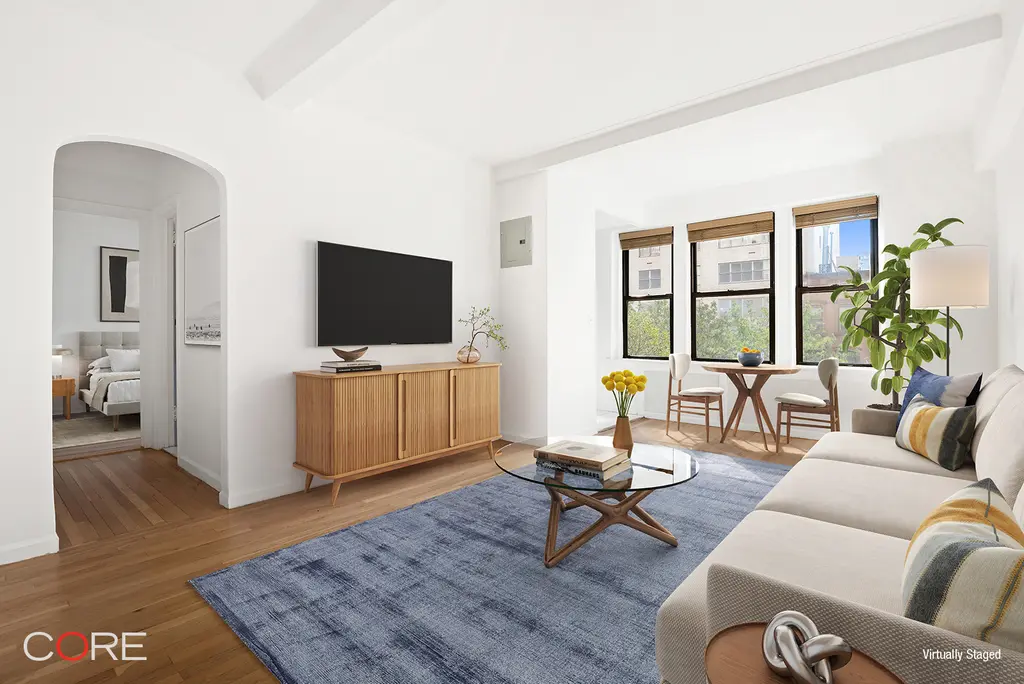
225 East 79th Street, #4A (CORE Group Marketing LLC)
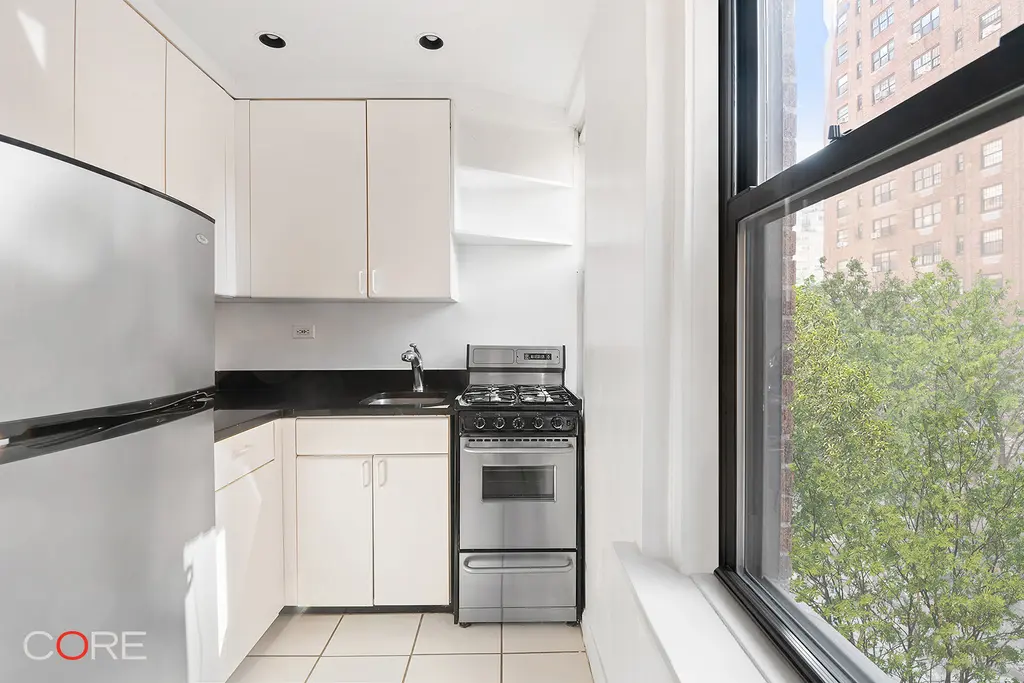

Westview, #814 (POWERED BY DMT LLC)
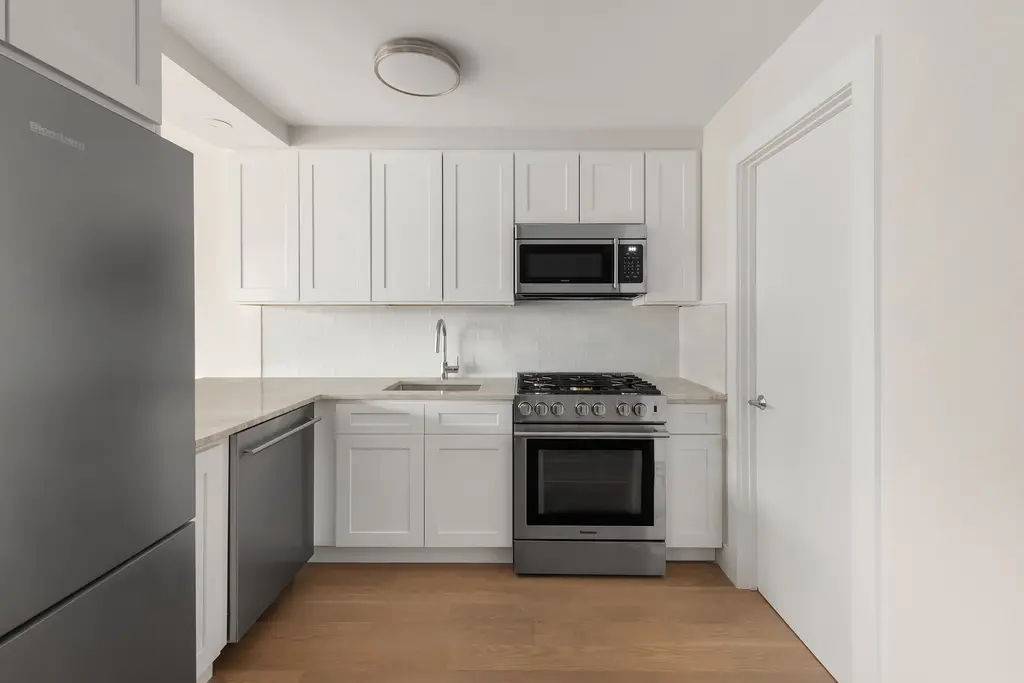
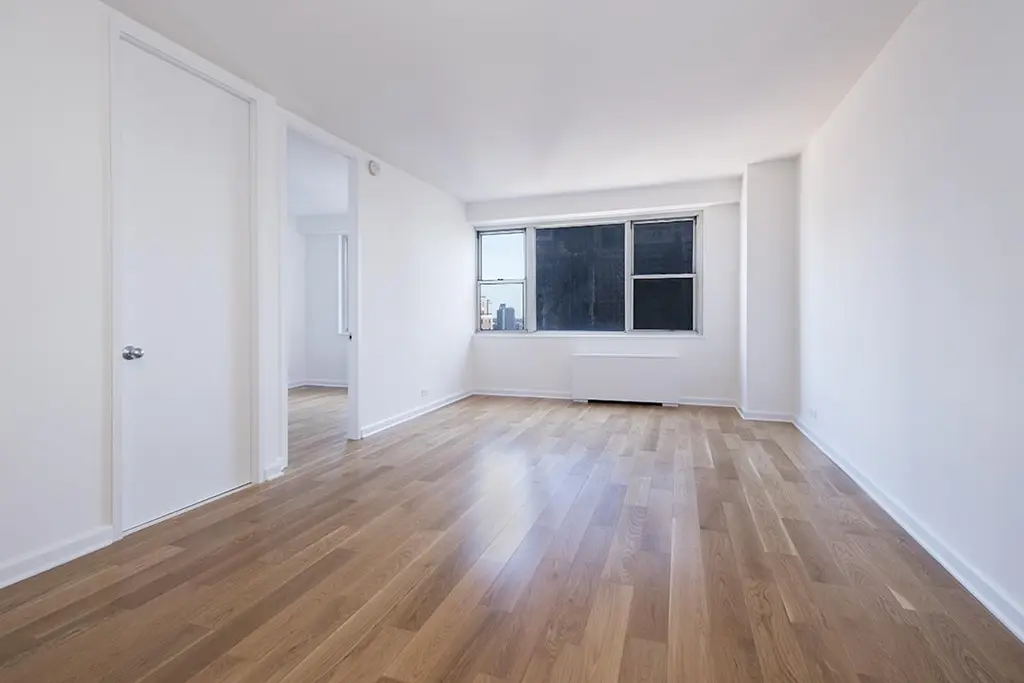
The Churchill, #23G (Rose Associates Inc)
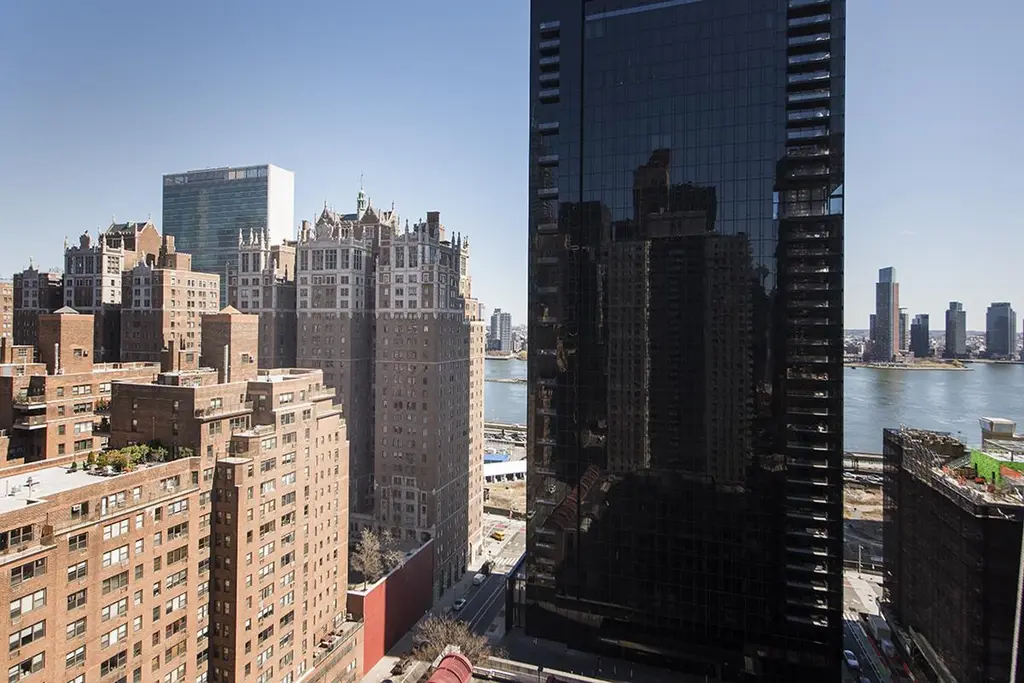
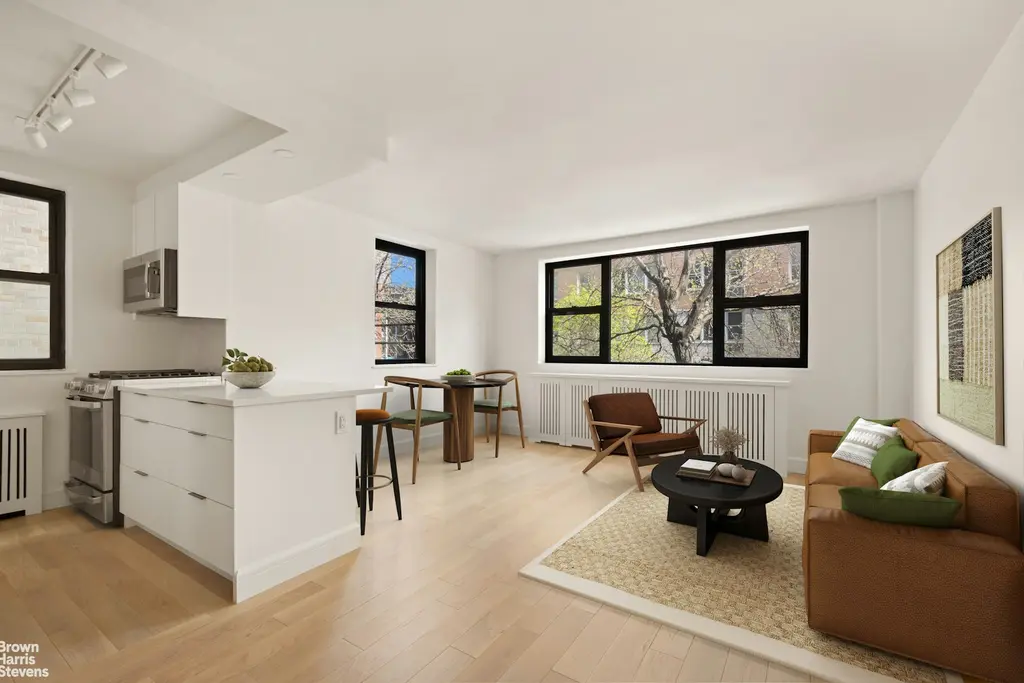
Charing Cross House, #2FN (Brown Harris Stevens Residential Sales LLC)
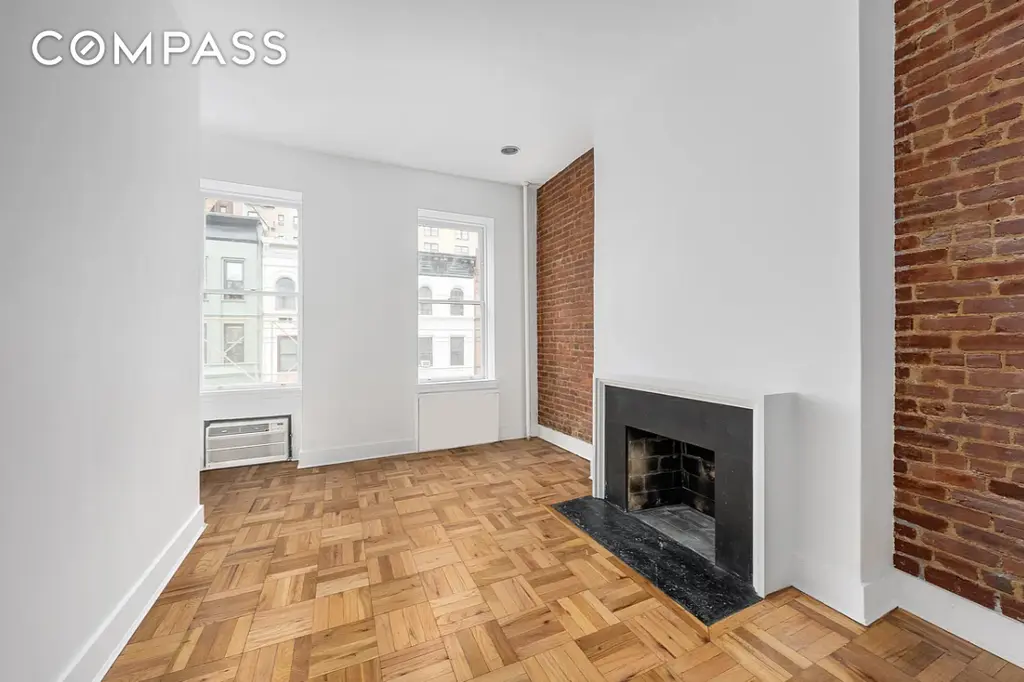
151 West 80th Street, #4F (Compass)
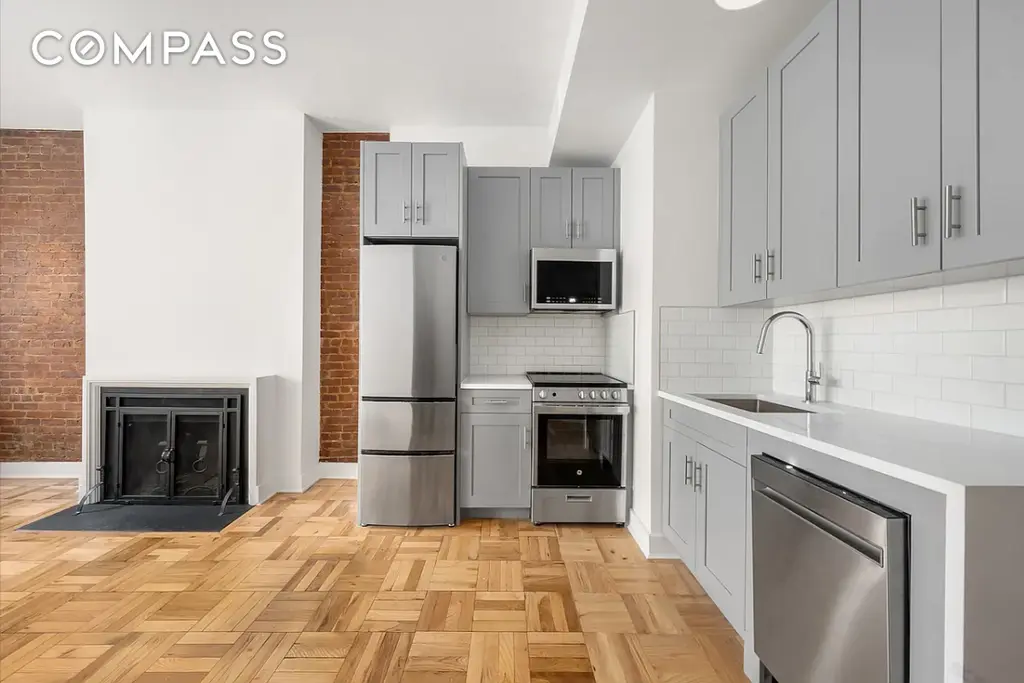
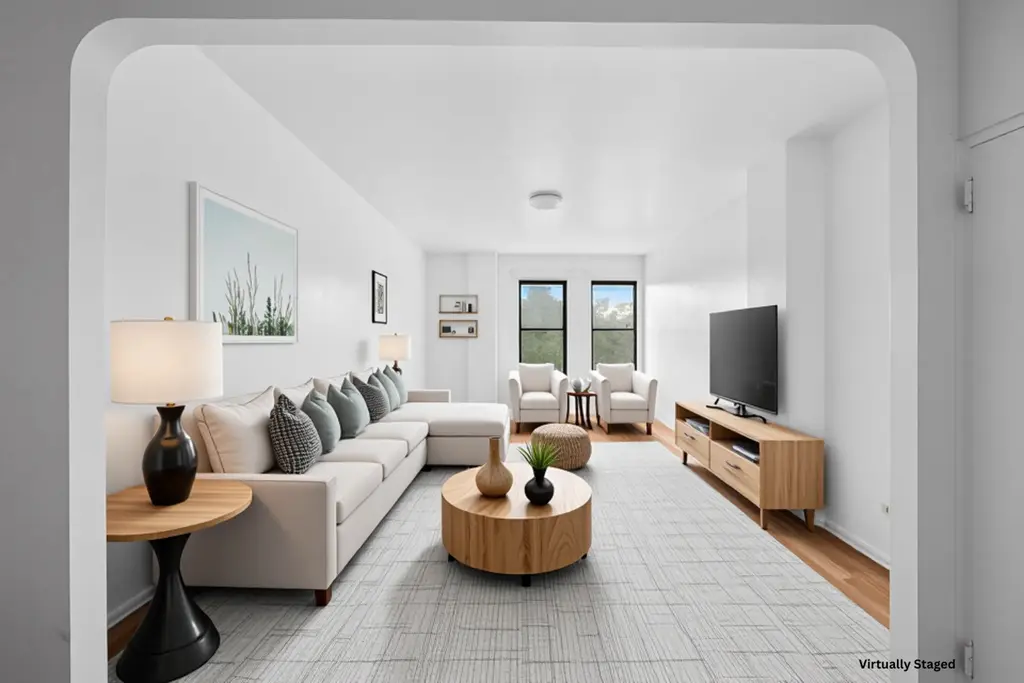
265 Riverside Drive, #6D (Serhant)
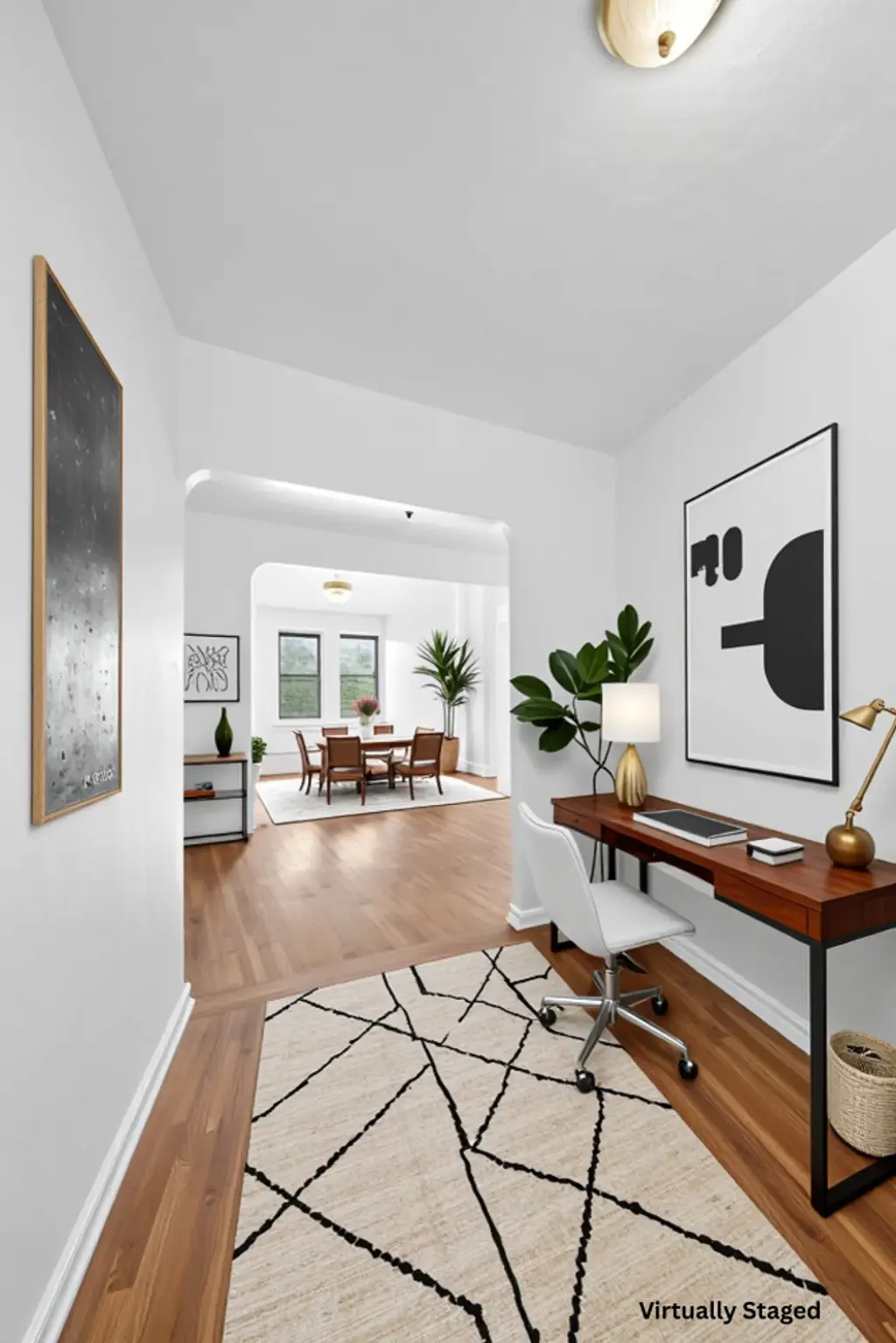
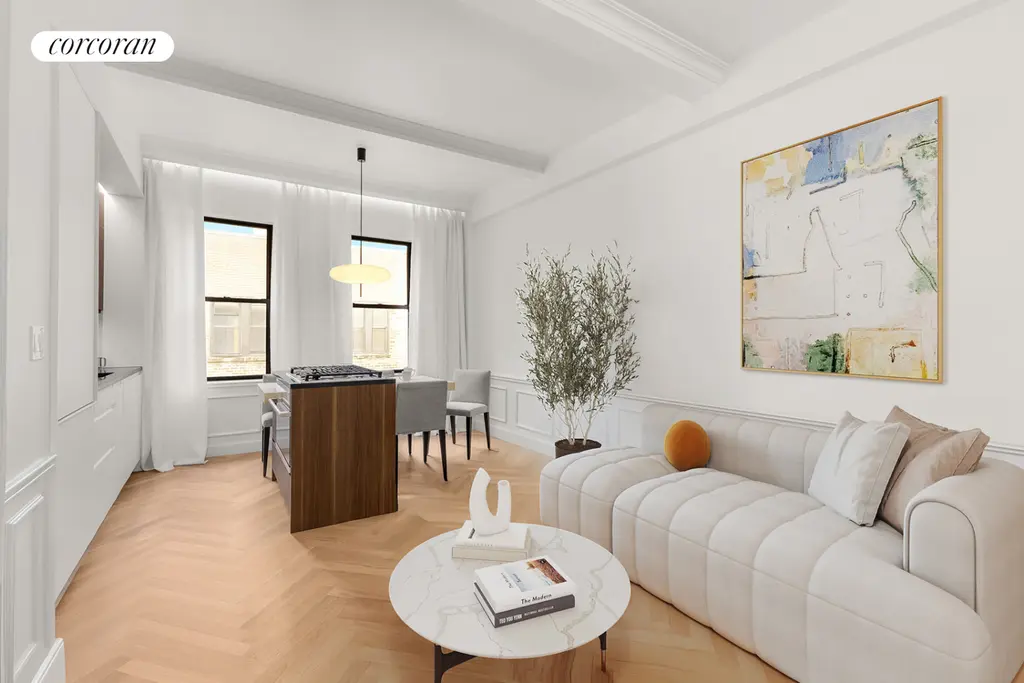
18 West 70th Street, #9H (Corcoran Group)
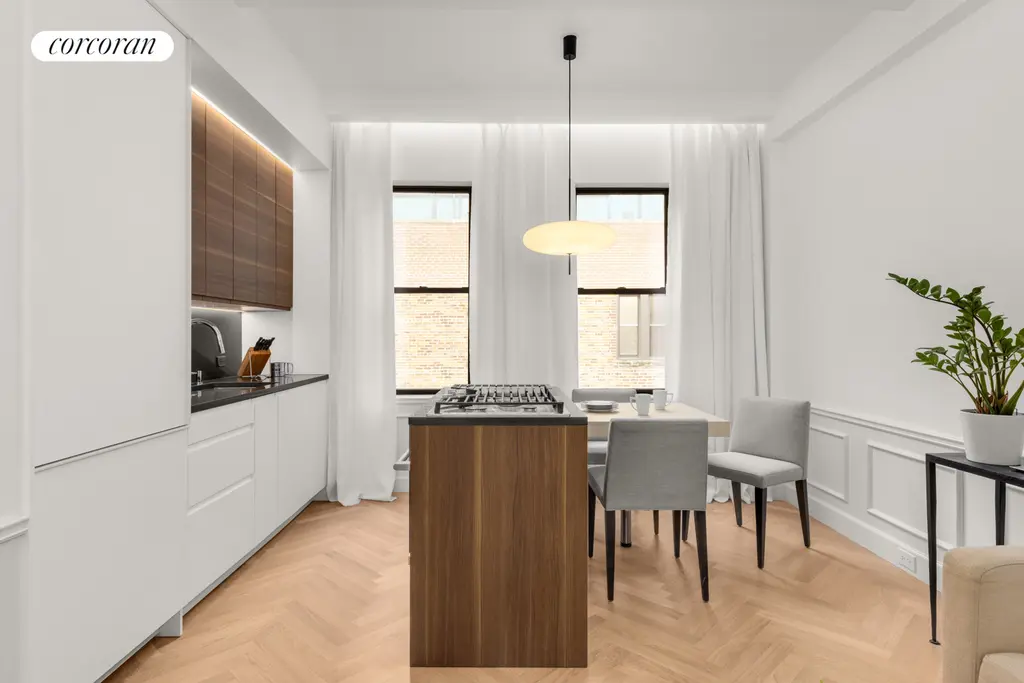
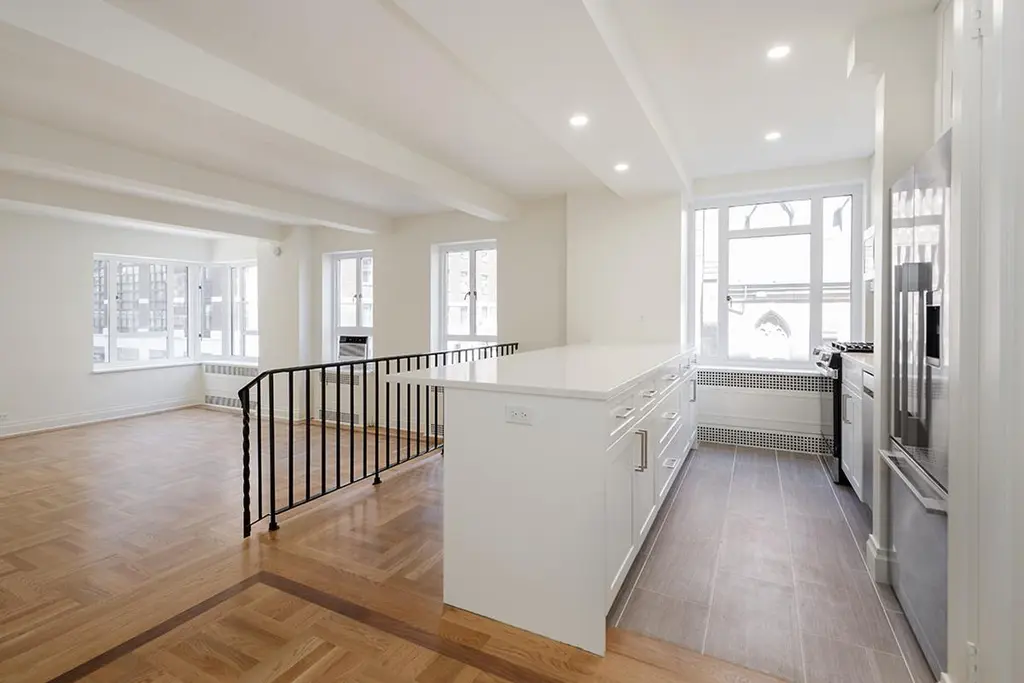
Goodhue House, #4A (Rose Associates Inc)
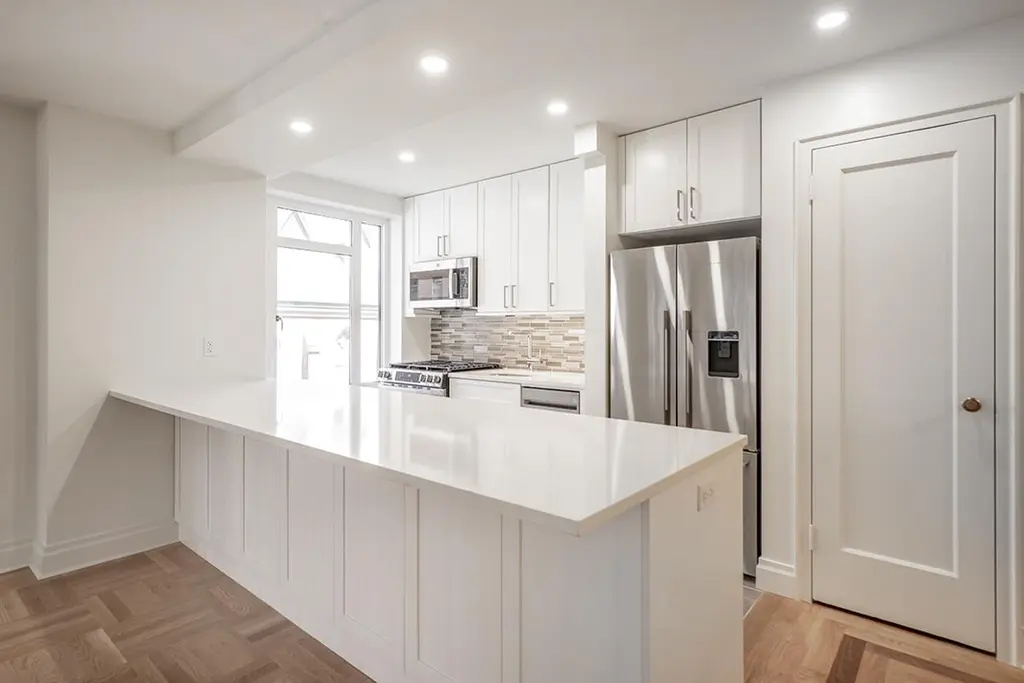
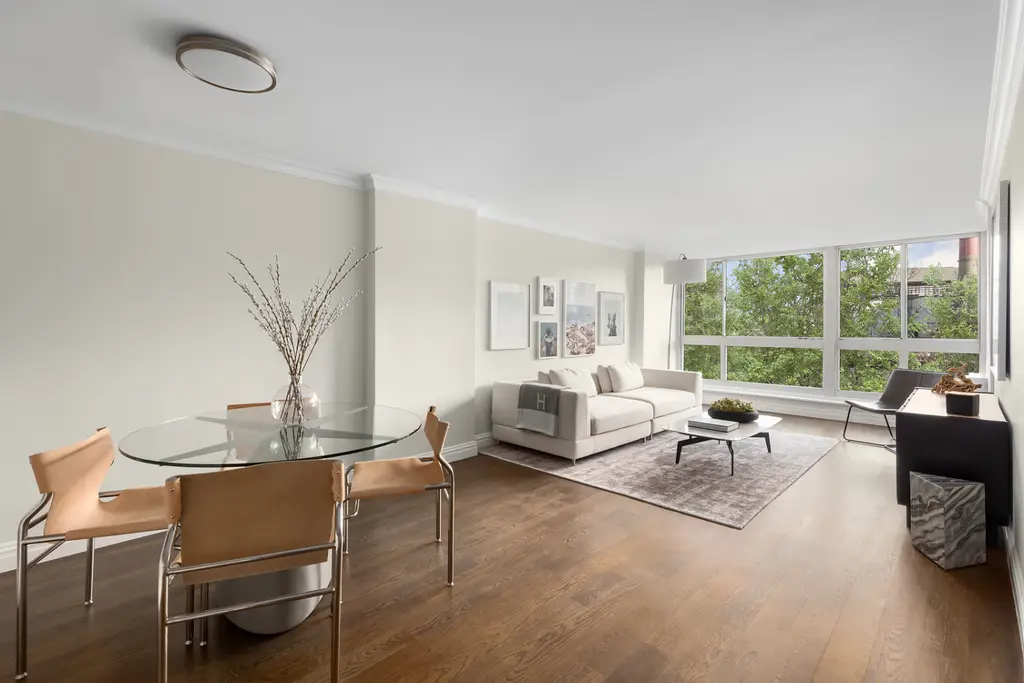
Westview, #830 (POWERED BY DMT LLC)
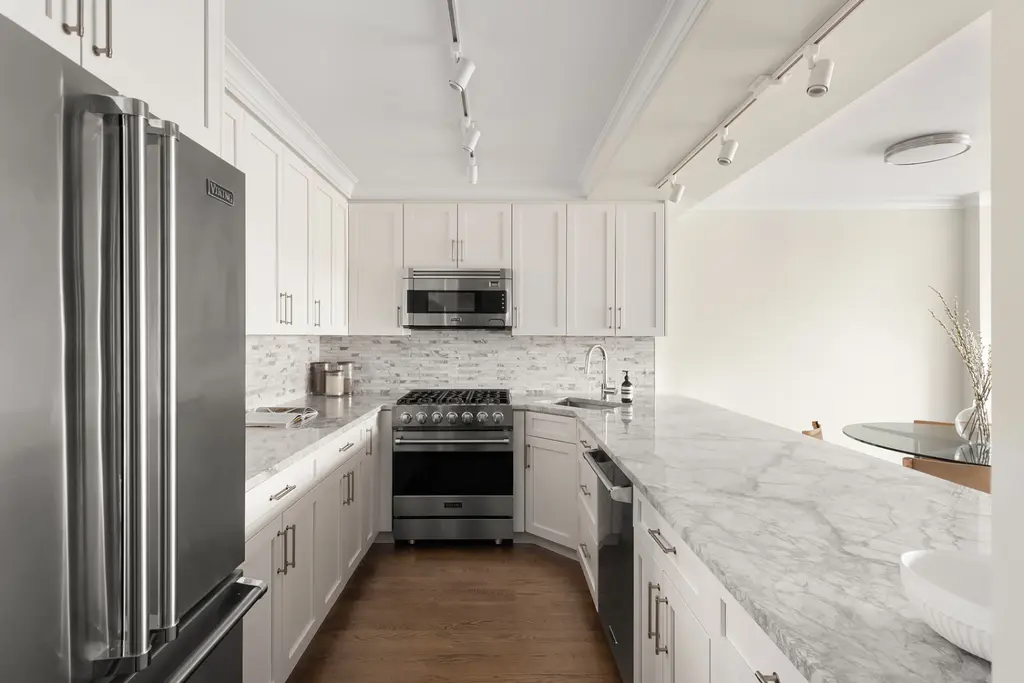
The Armstead, #4C
$1,399,000 (-12.5%)
Riverside Dr./West End Ave. | Cooperative | 2 Bedrooms, 2 Baths
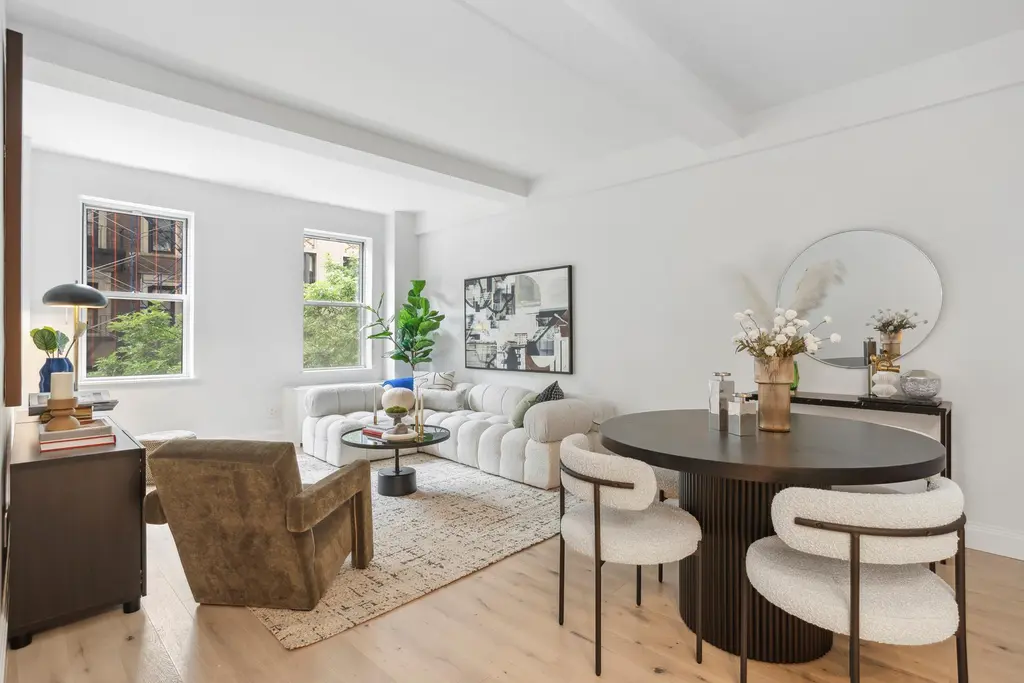
The Armstead, #4C (Douglas Elliman Real Estate)
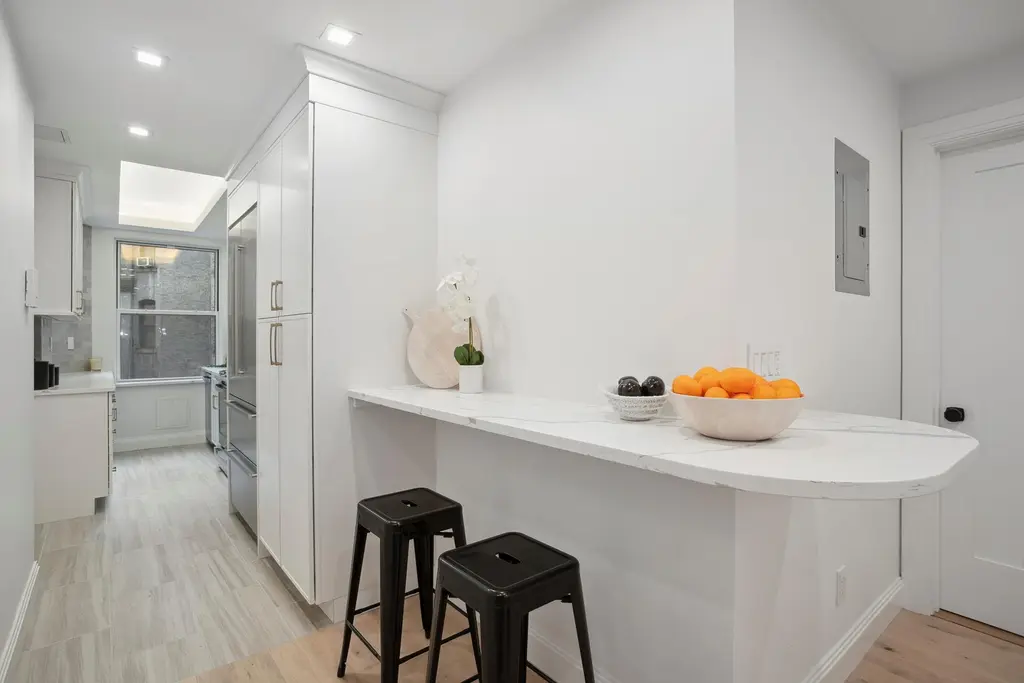
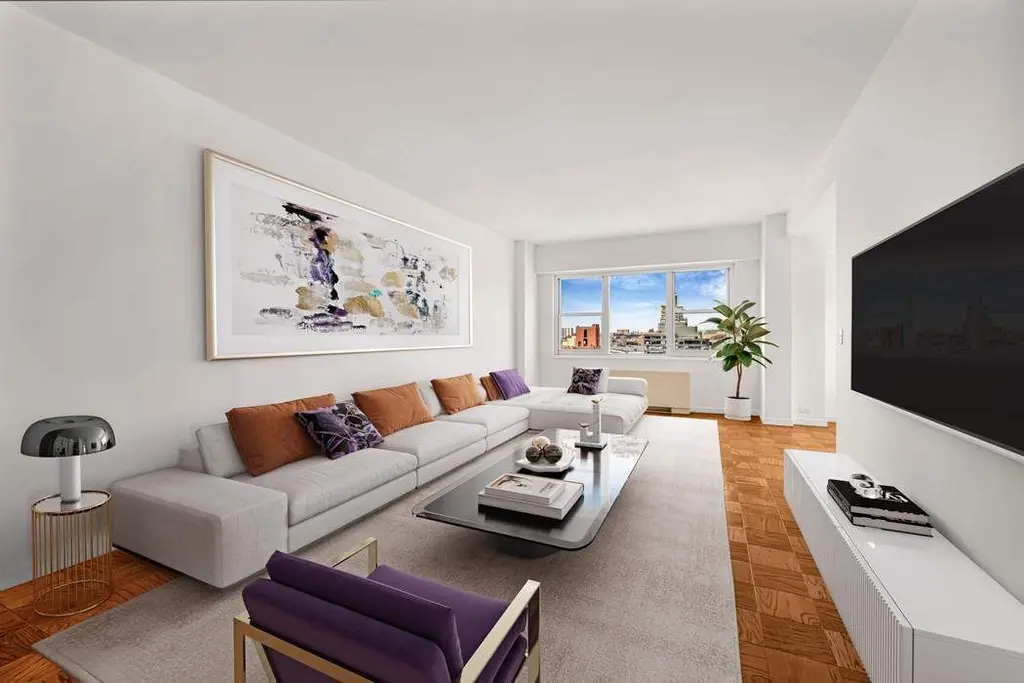
London Towne House, #17E (Sothebys International Realty)
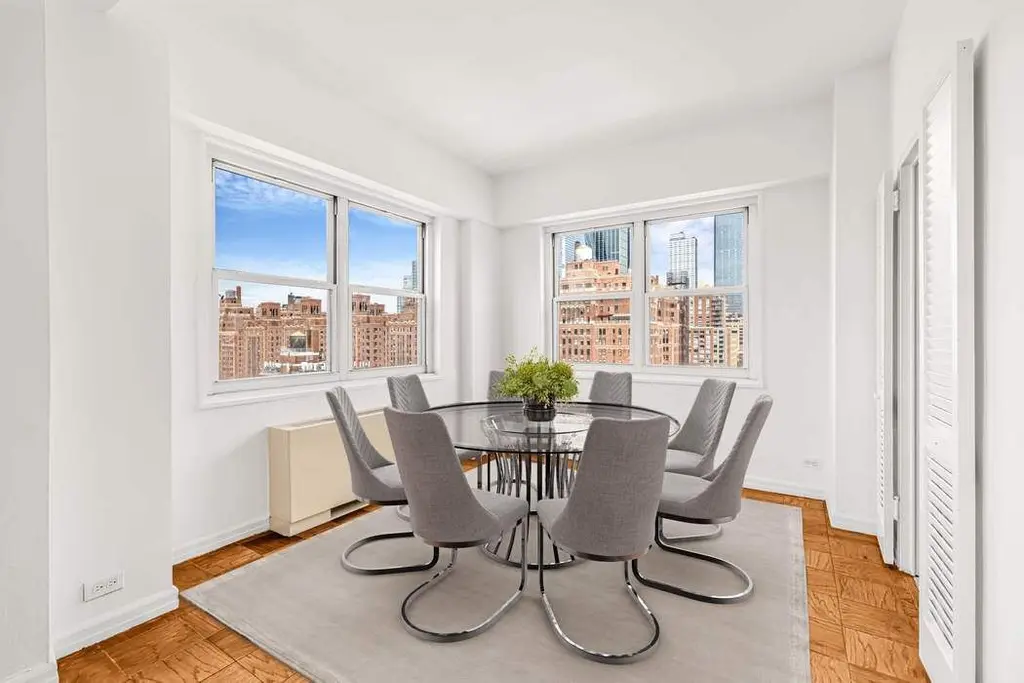
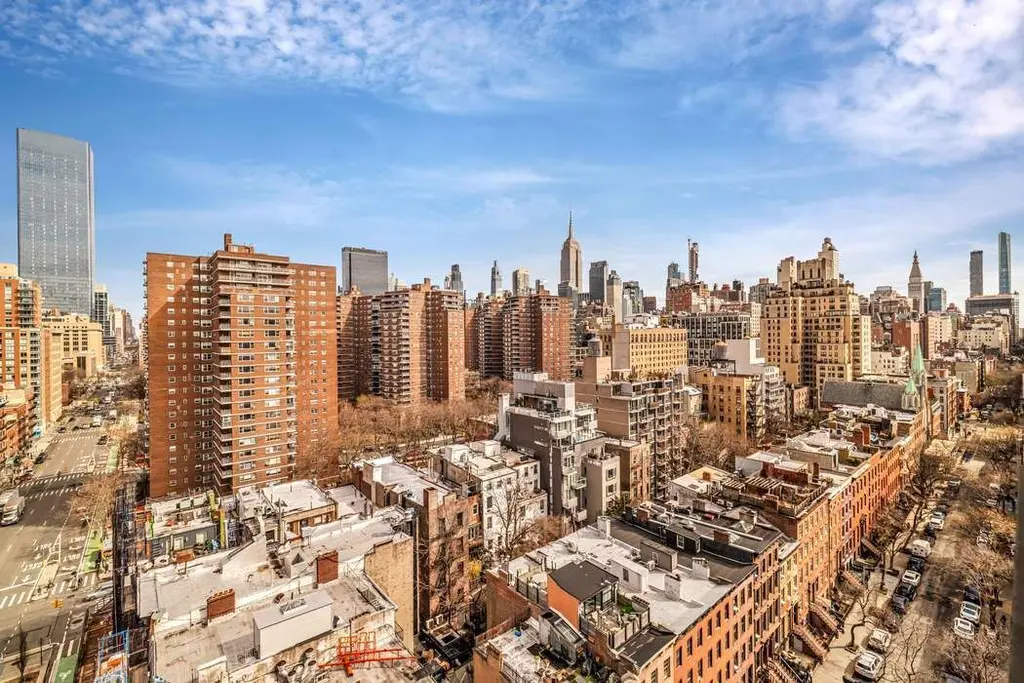
The Chatsworth, #TH4
$2,350,000 (-12.1%)
Riverside Dr./West End Ave. | Cooperative | 1 Bedroom, 1.5 Baths | 1,480 ft2
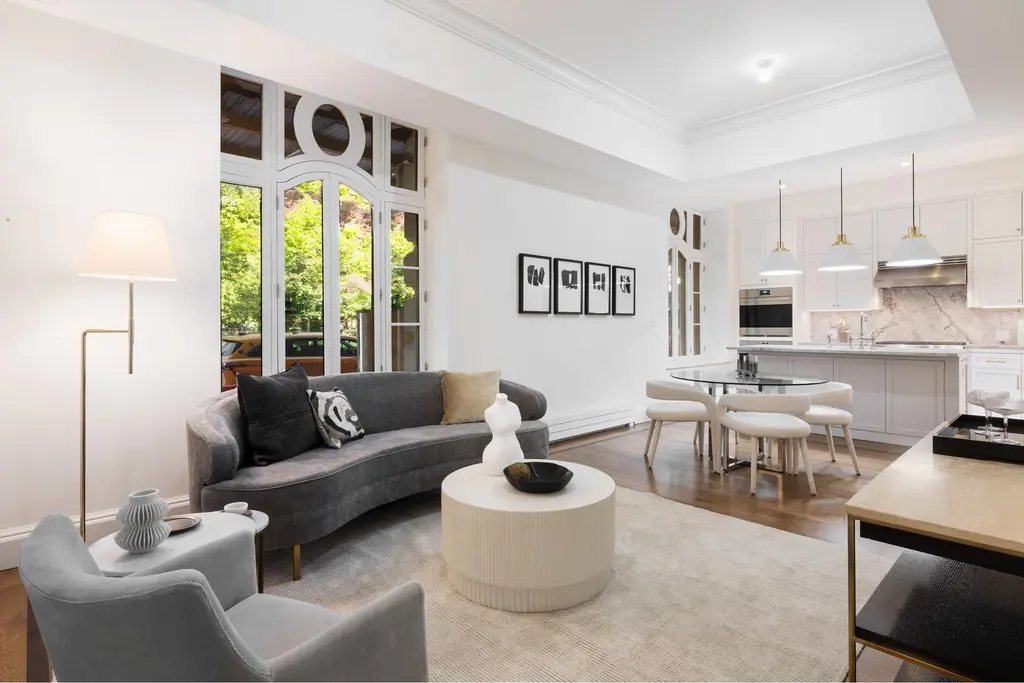
The Chatsworth, #TH4 (Douglas Elliman Real Estate)
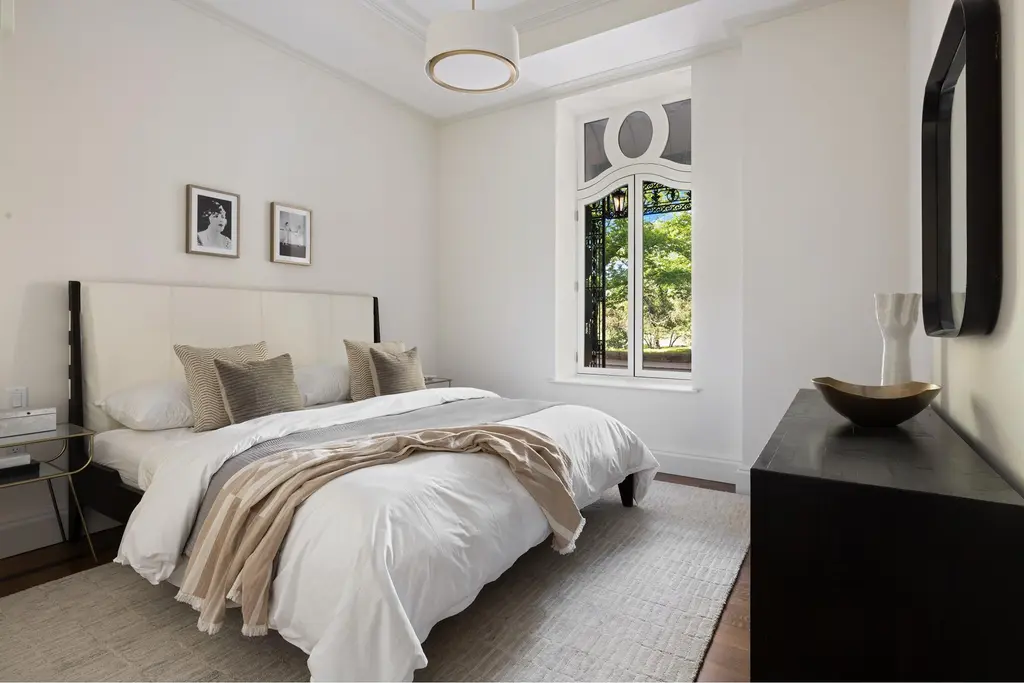
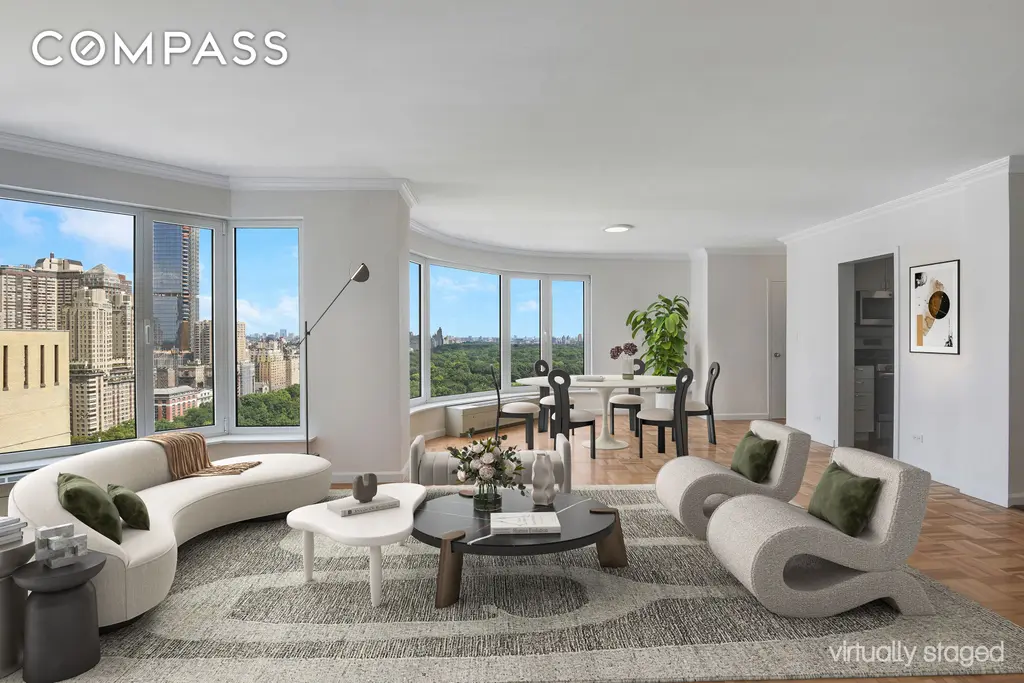
200 Central Park South, #29C (Compass)

Sponsor condos
801 Riverside Drive, #4H
$475,000 (-12.8%)
Washington Heights | Condominium | 1 Bedroom, 1 Bath | 631 ft2
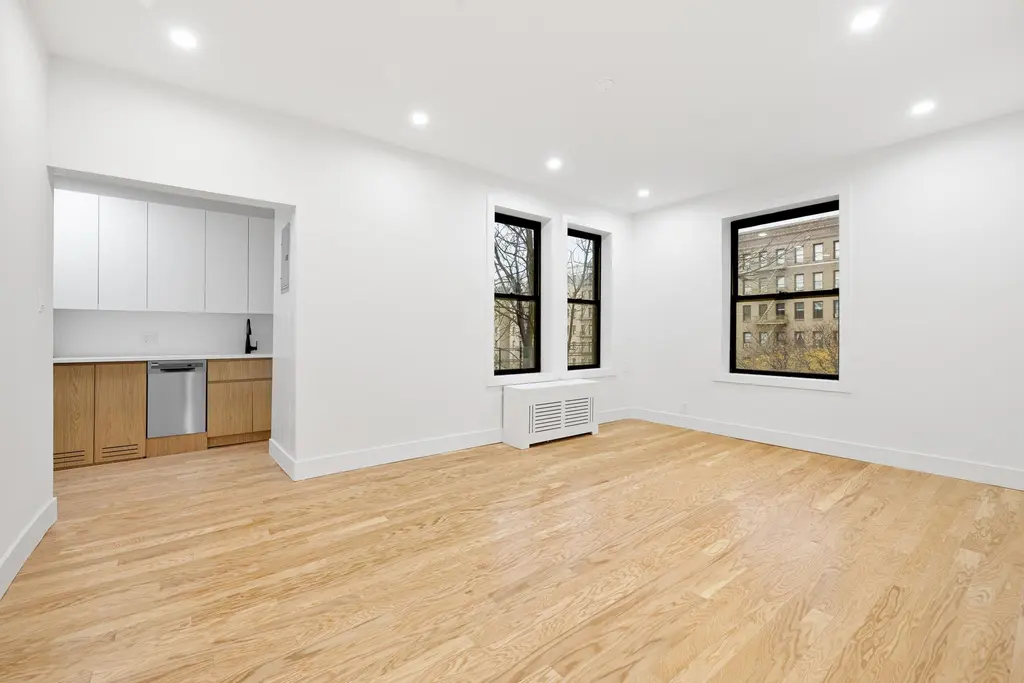
801 Riverside Drive, #4H (EXP Realty NYC)
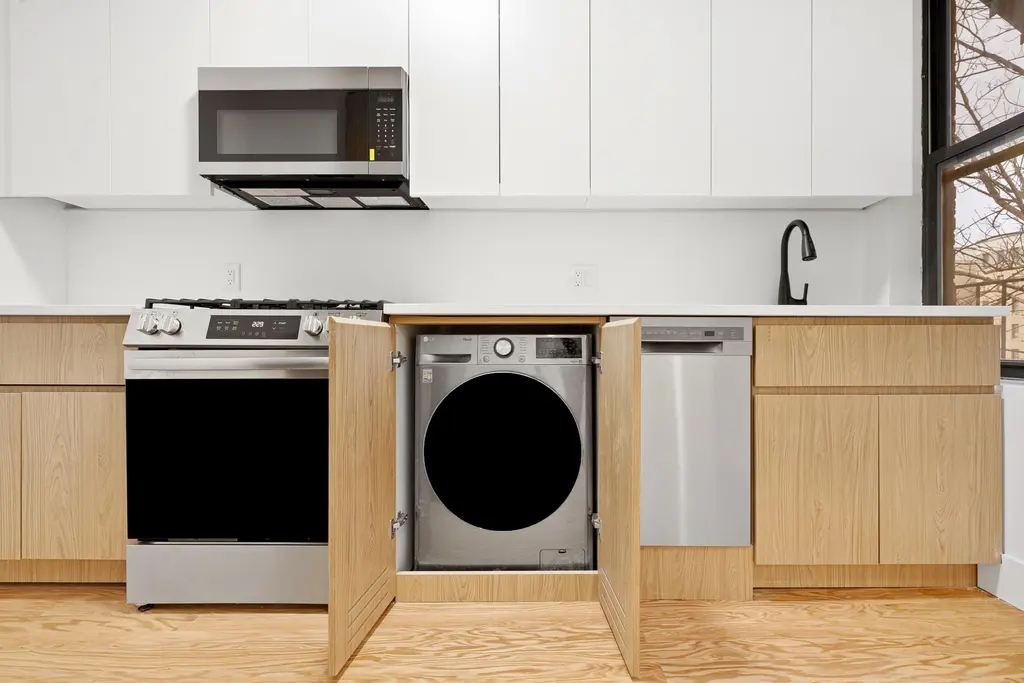
The Continental, #5L
$499,000 (-5%)
Turtle Bay/United Nations | Condominium | Studio, 1 Bath | 459 ft2
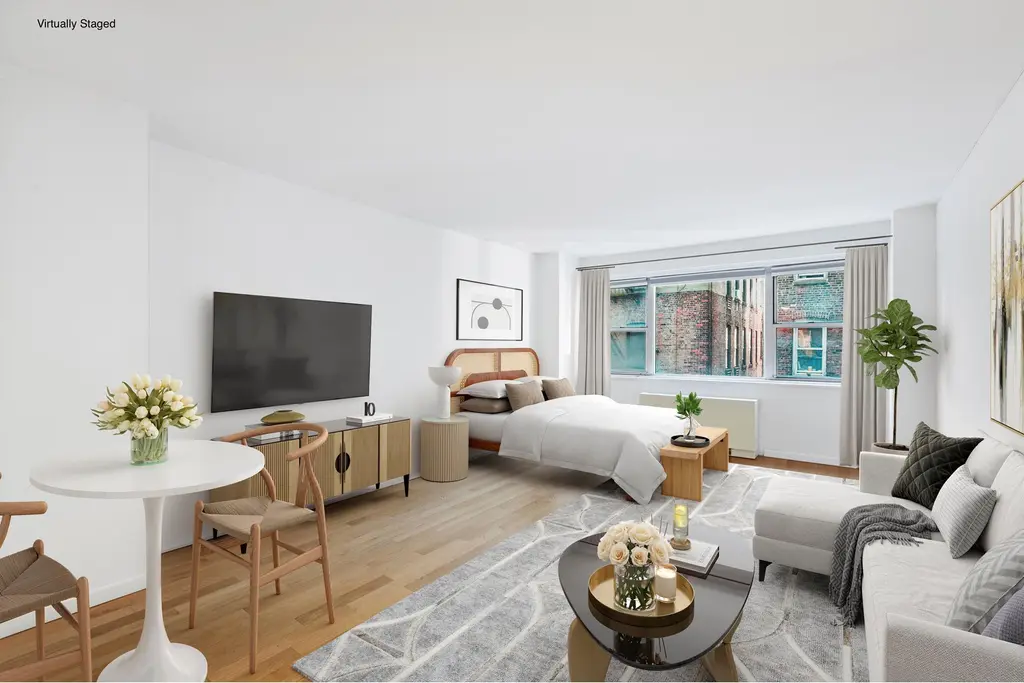
The Continental, #5L (Douglas Elliman Real Estate)
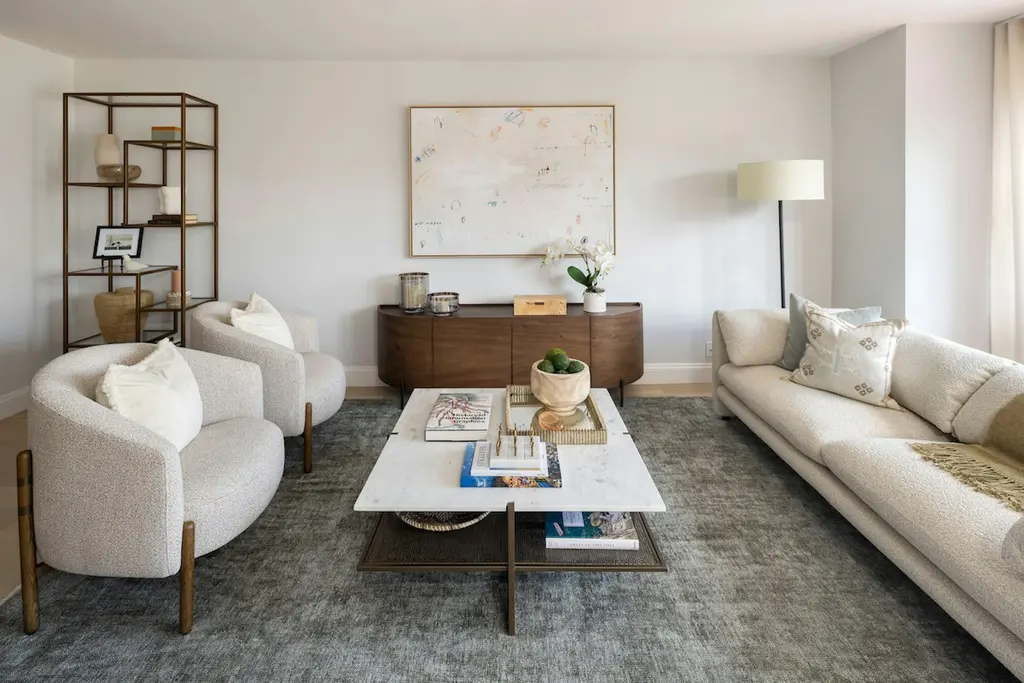
155W68, #932 (Brown Harris Stevens Development Marketing LLC)
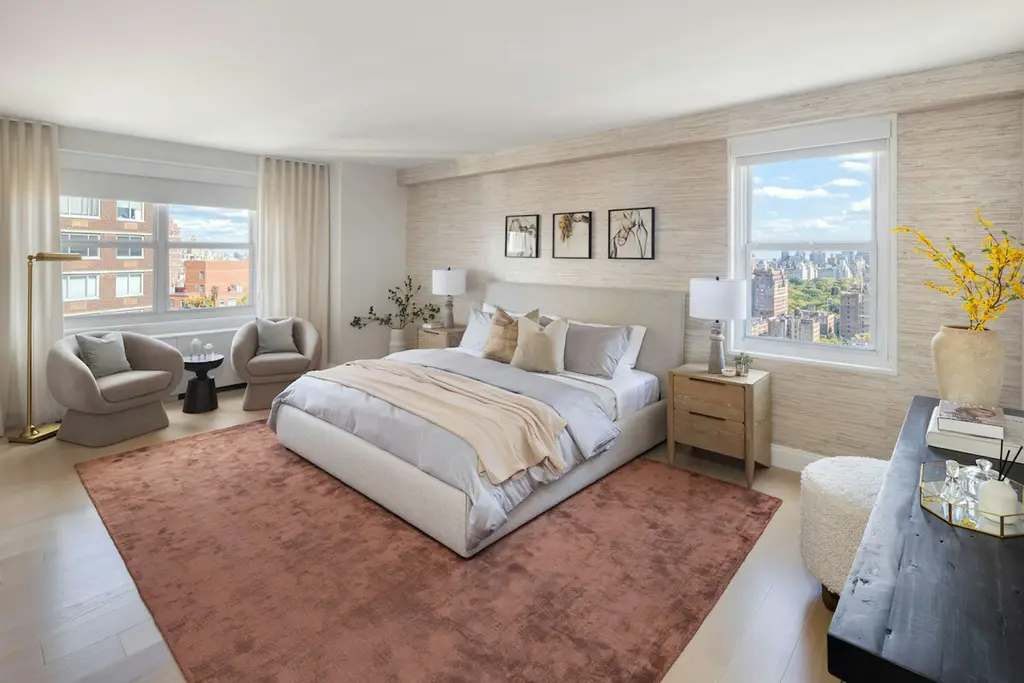
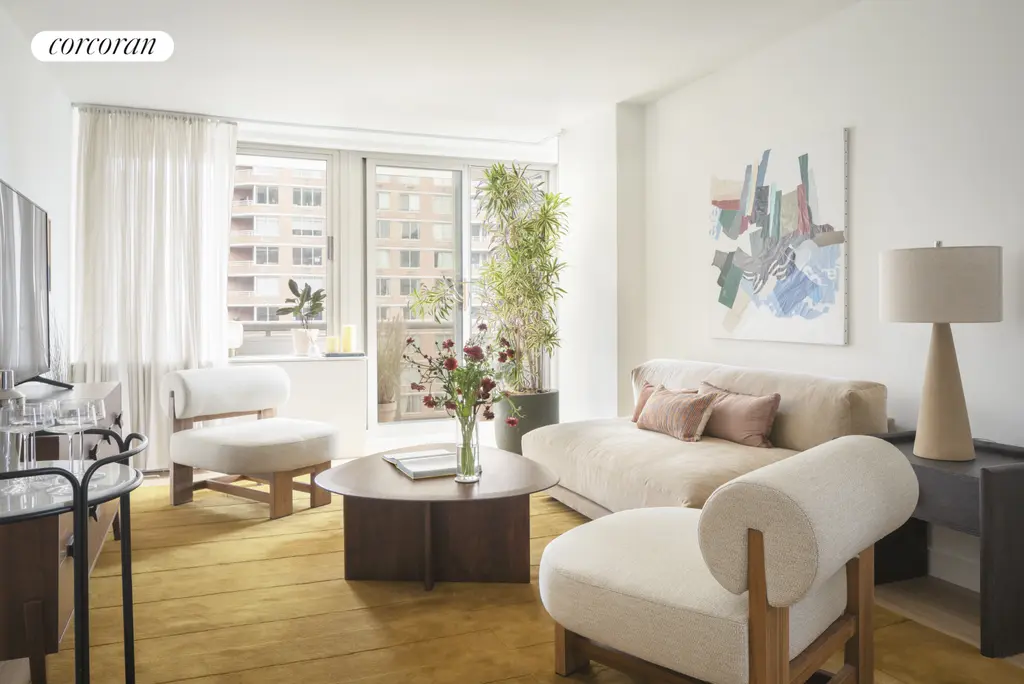
The Perrie, #1604 (Corcoran Group)
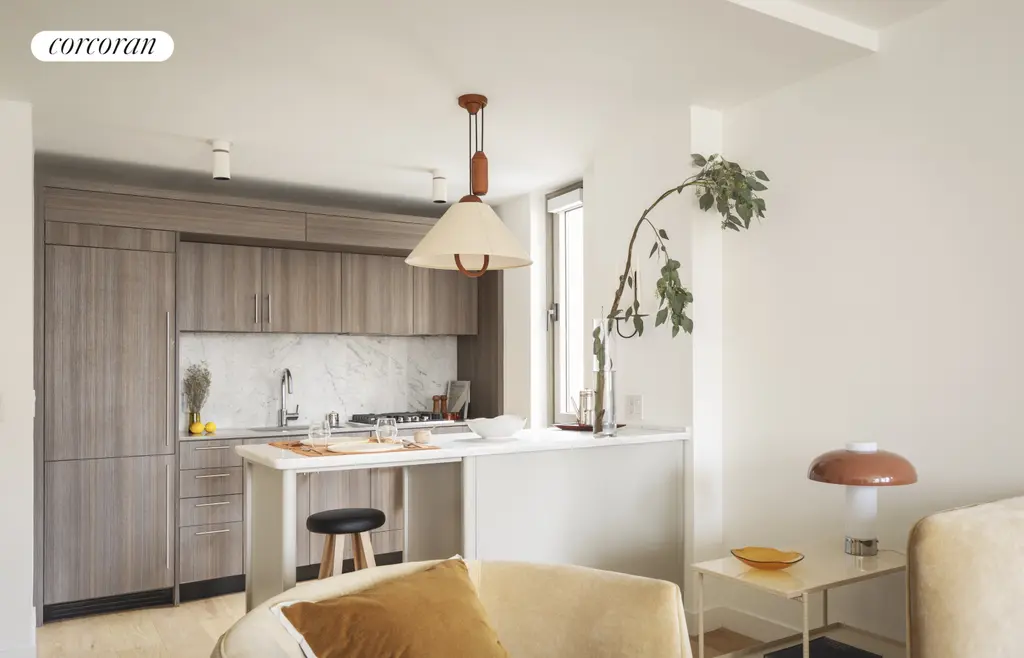
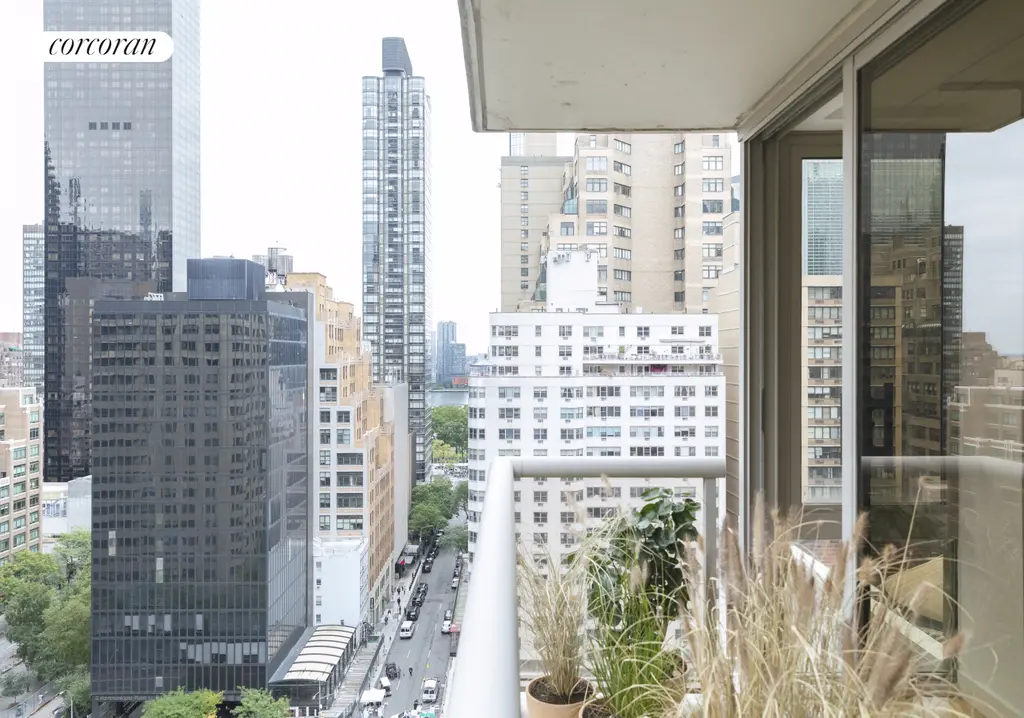
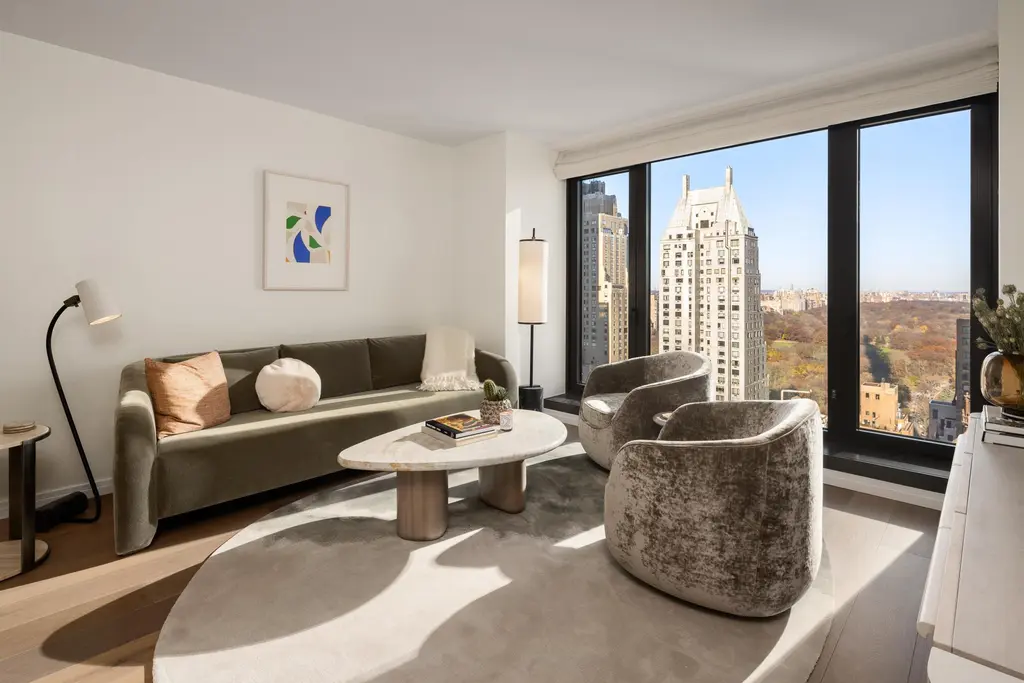
ONE11 Residences, #40K (Douglas Elliman Real Estate)
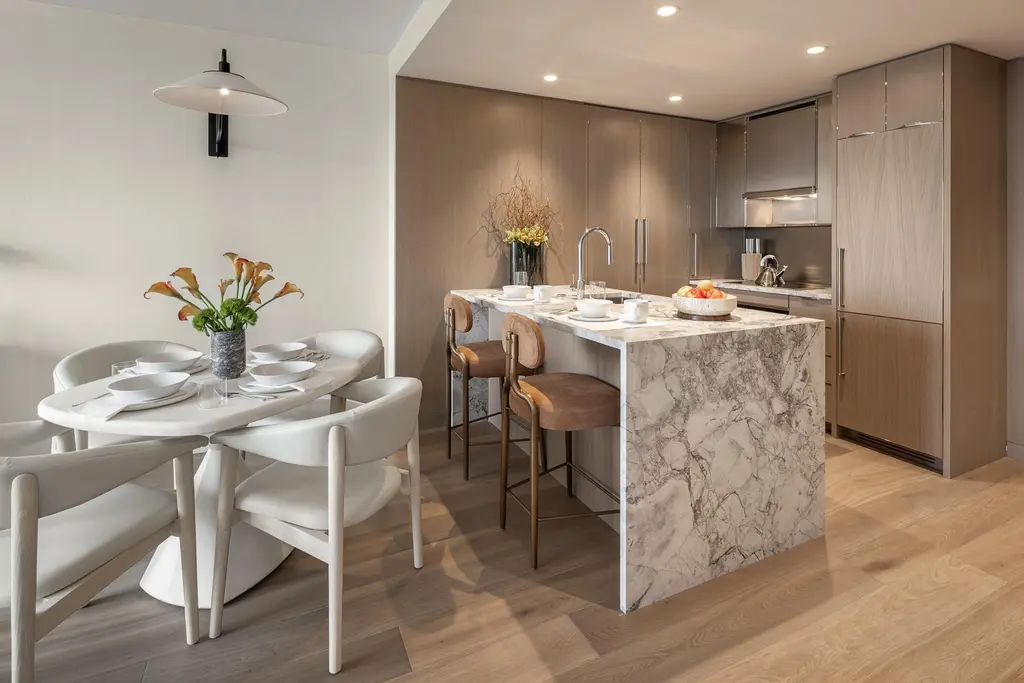
The Beekman Regent, #PH2C
$3,815,000
Turtle Bay/United Nations | Condominium | 3 Bedrooms, 3.5 Baths | 2,245 ft2
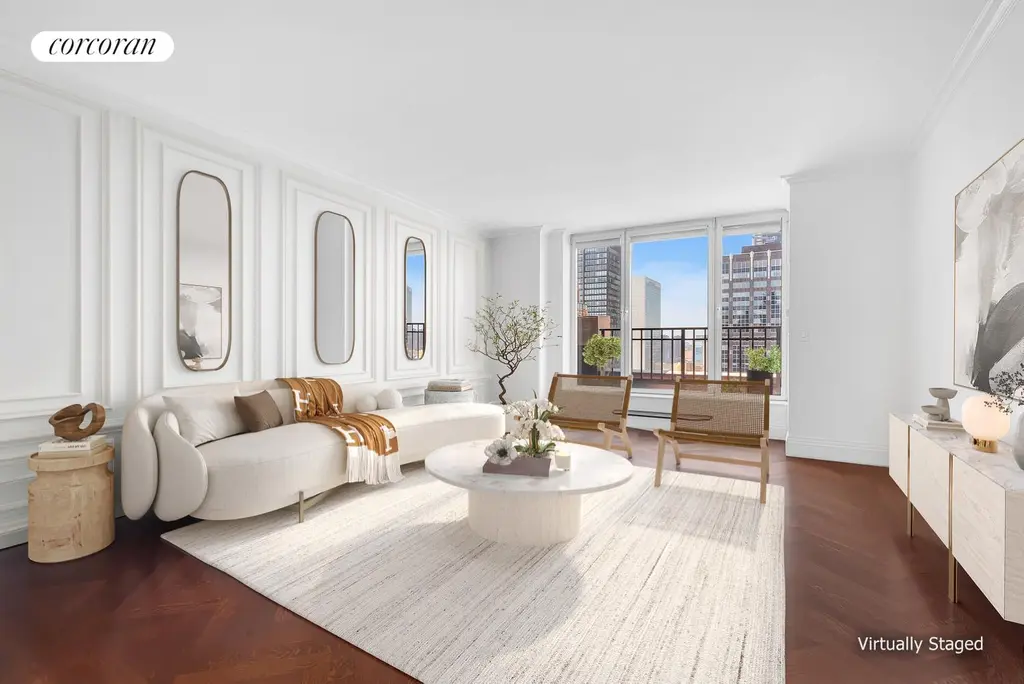
The Beekman Regent, #PH2C (Corcoran Group)
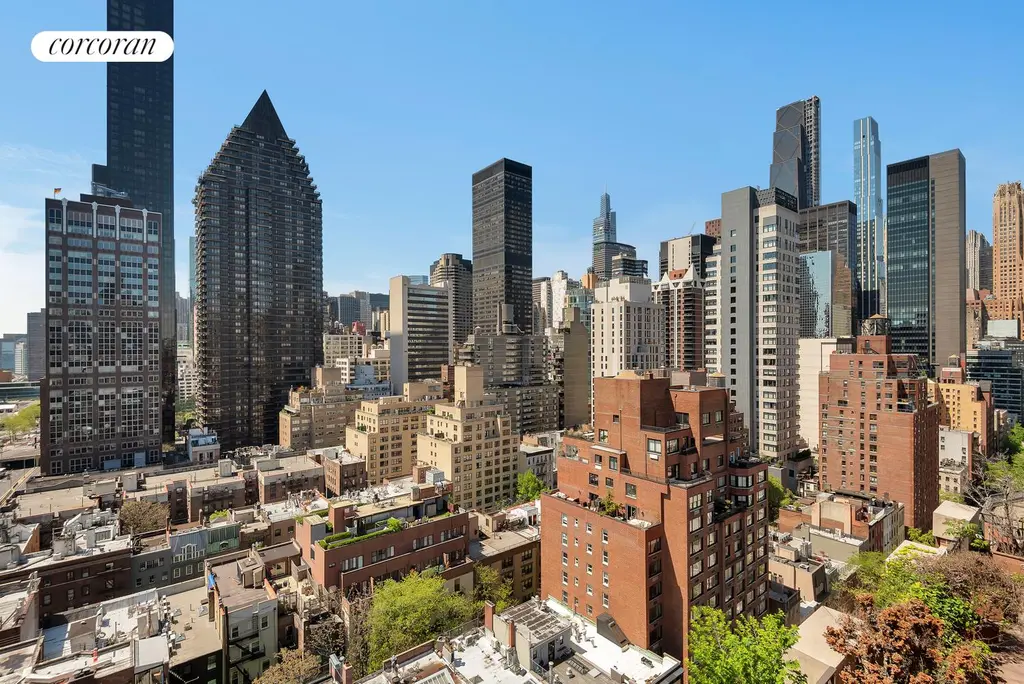
Would you like to tour any of these properties?
Just complete the info below.
Or call us at (212) 755-5544
Would you like to tour any of these properties?

Contributing Writer
Cait Etherington
Cait Etherington has over twenty years of experience working as a journalist and communications consultant. Her articles and reviews have been published in newspapers and magazines across the United States and internationally. An experienced financial writer, Cait is committed to exposing the human side of stories about contemporary business, banking and workplace relations. She also enjoys writing about trends, lifestyles and real estate in New York City where she lives with her family in a cozy apartment on the twentieth floor of a Manhattan high rise.

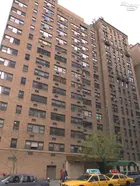
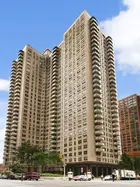

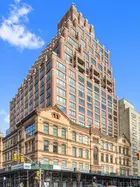
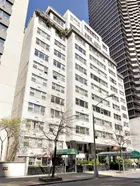

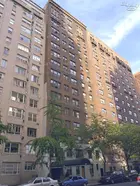

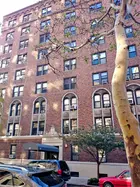
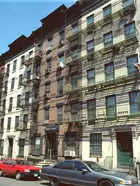
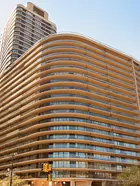

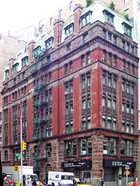
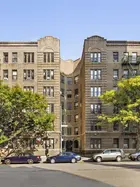
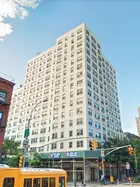
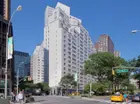
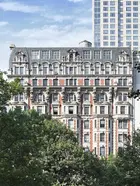
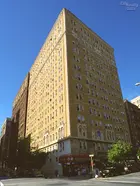
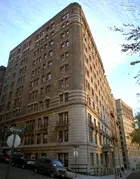
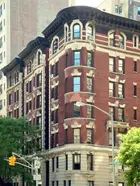


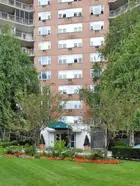
 6sqft delivers the latest on real estate, architecture, and design, straight from New York City.
6sqft delivers the latest on real estate, architecture, and design, straight from New York City.
